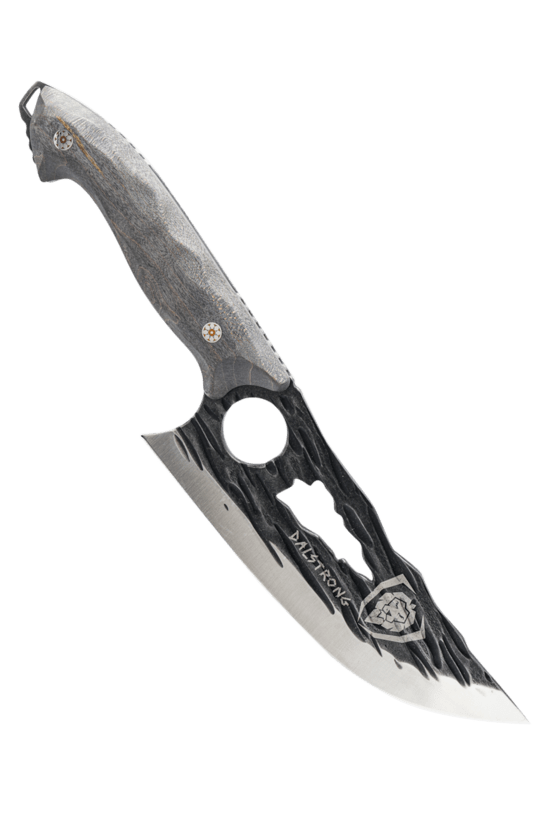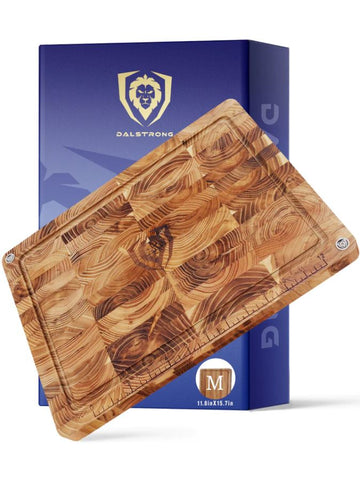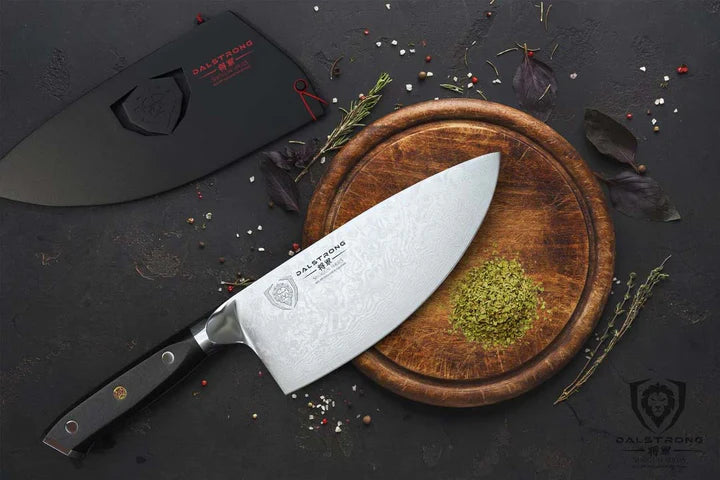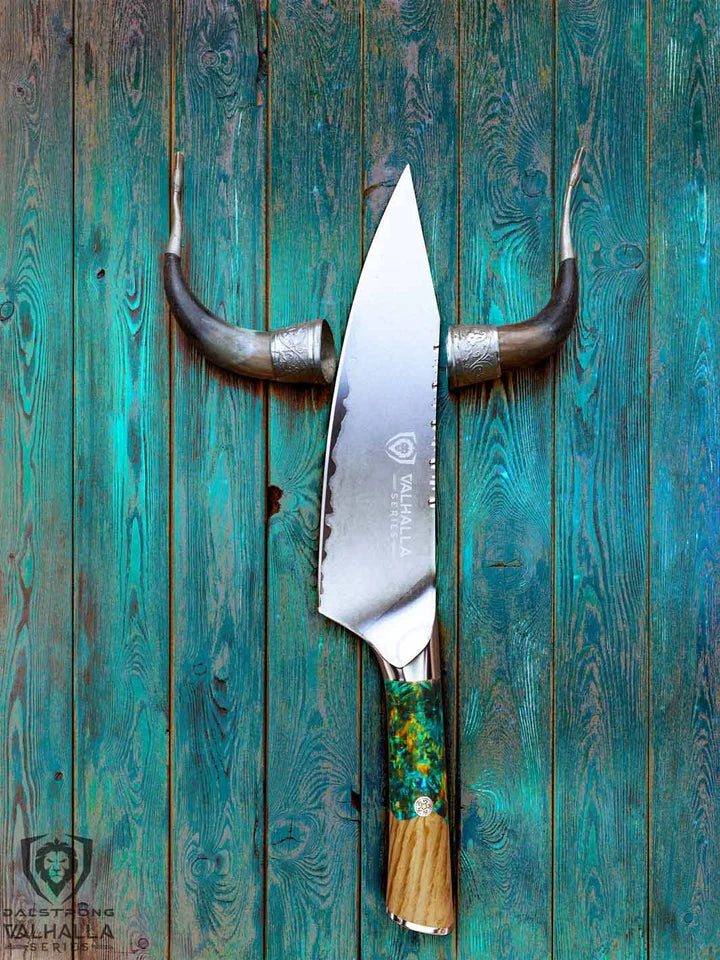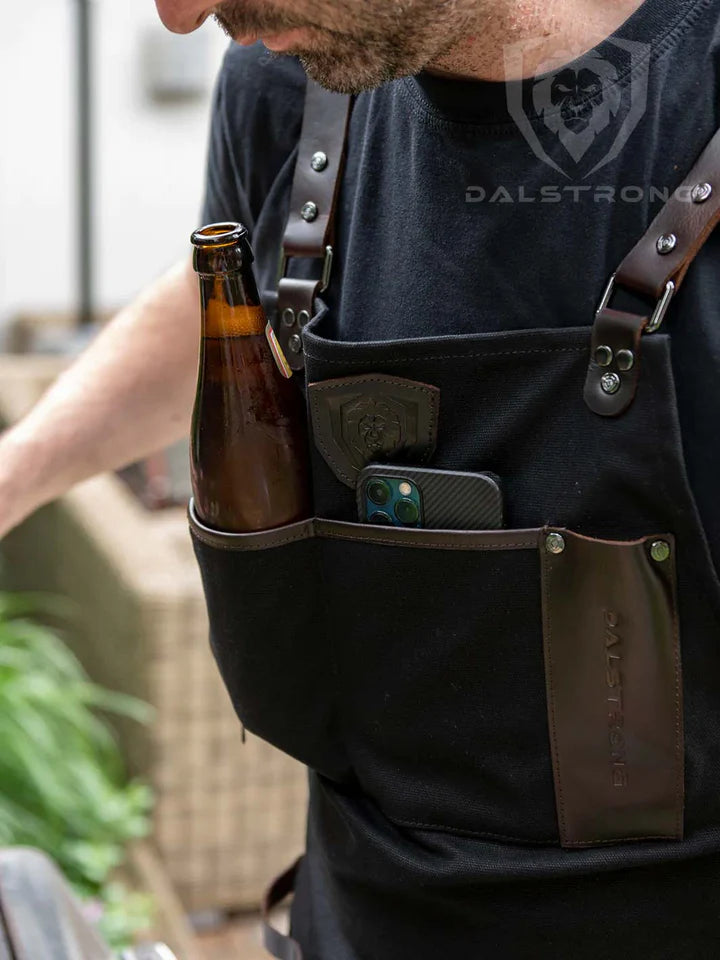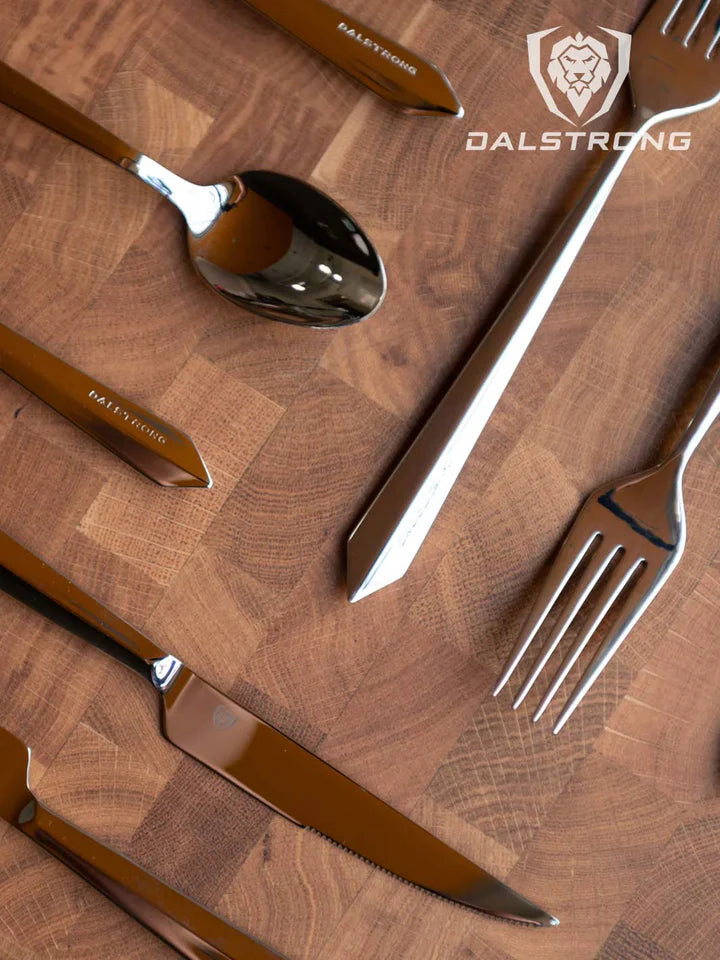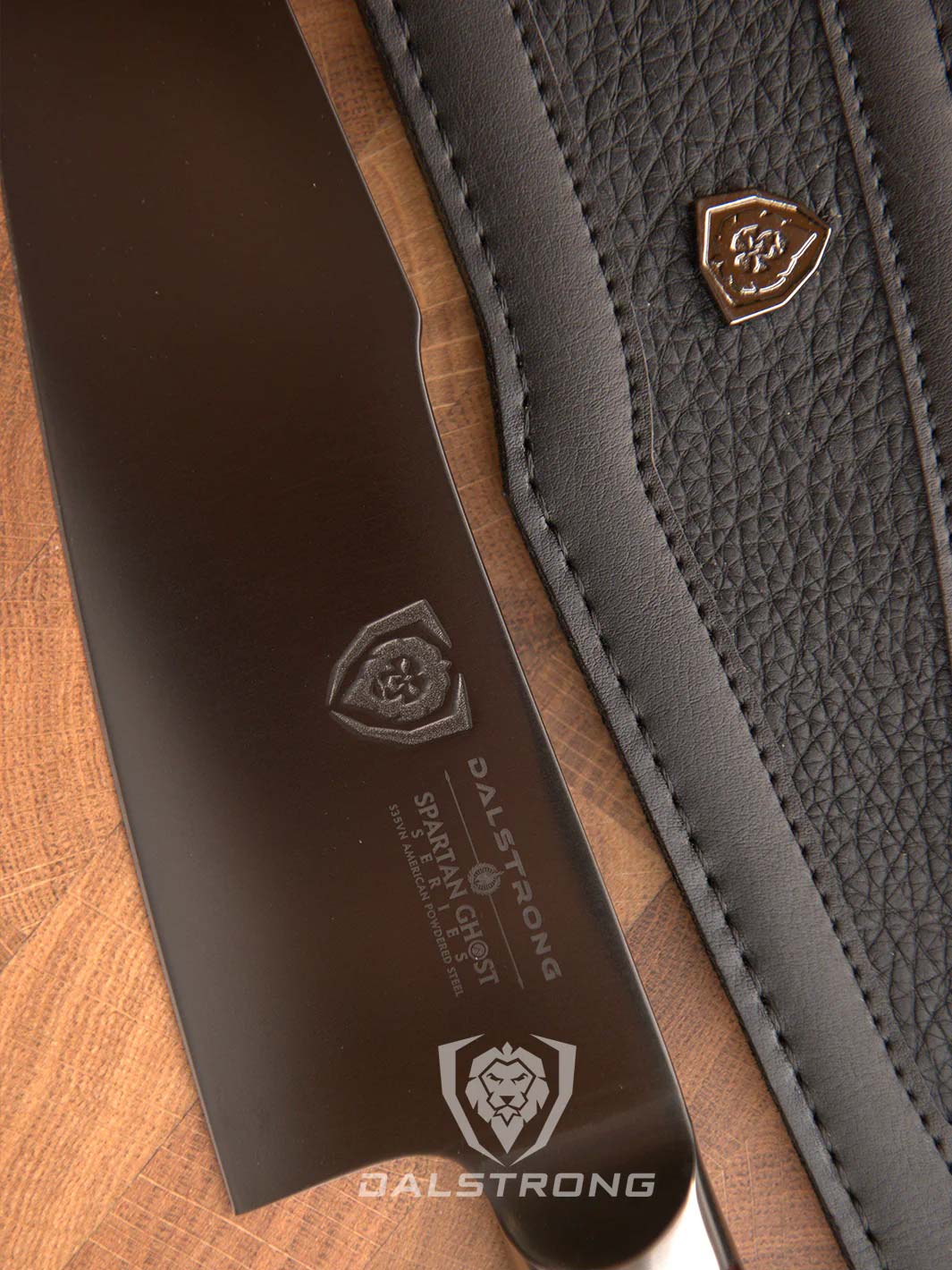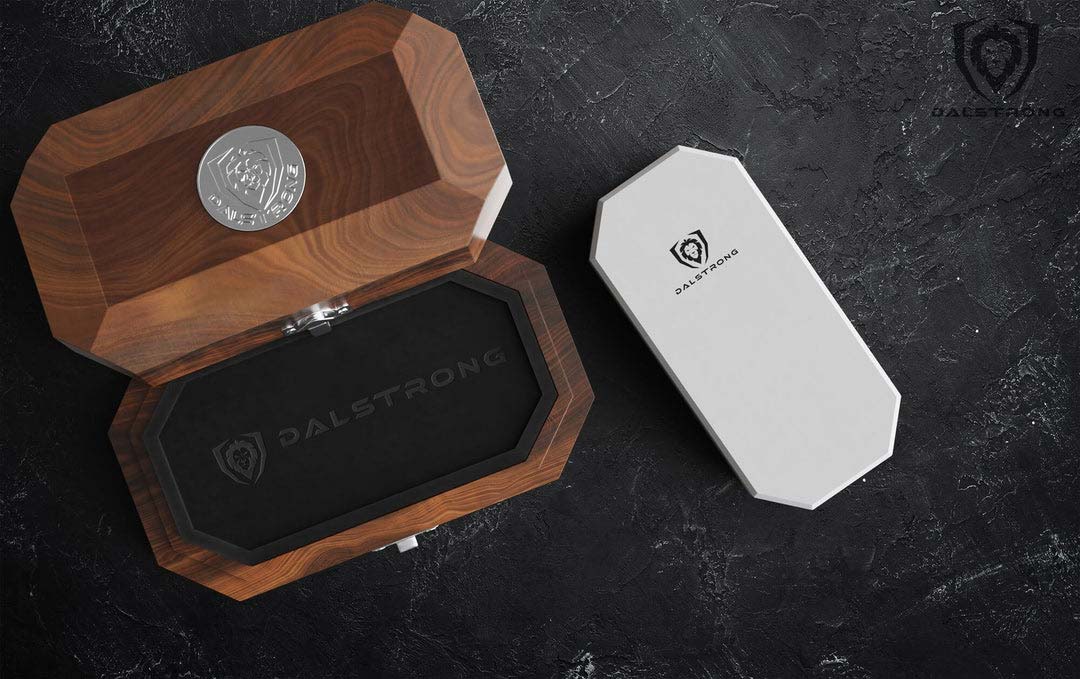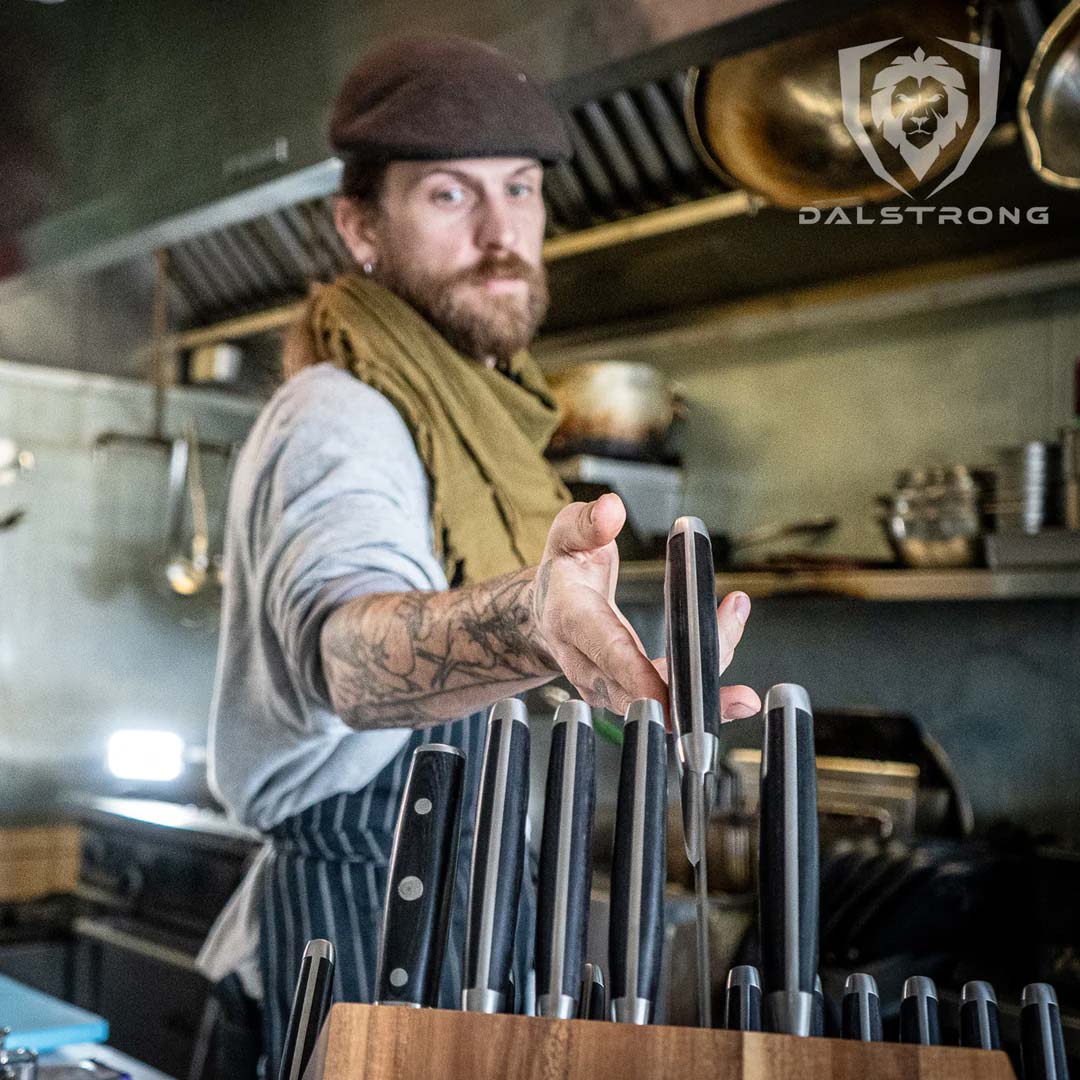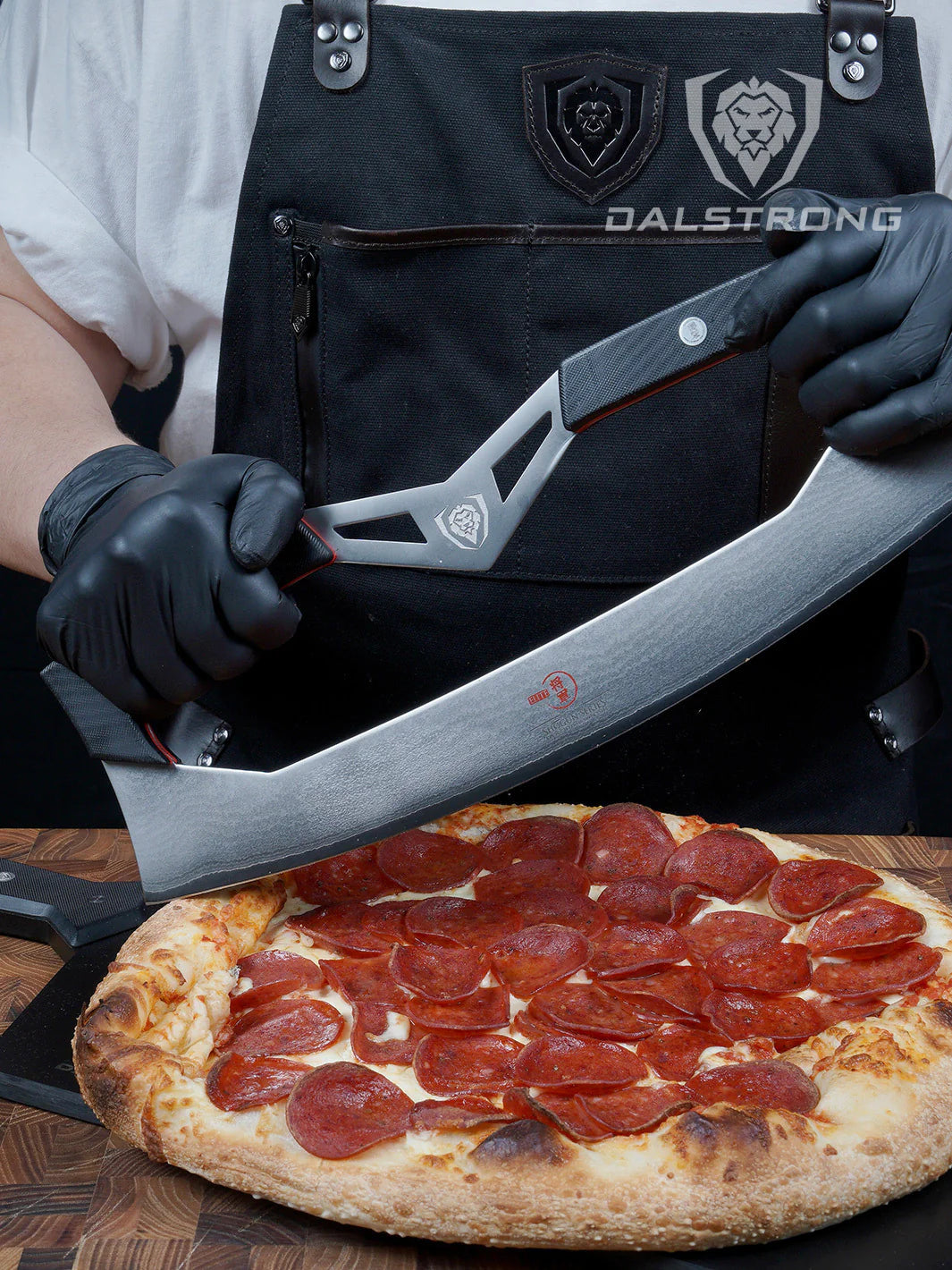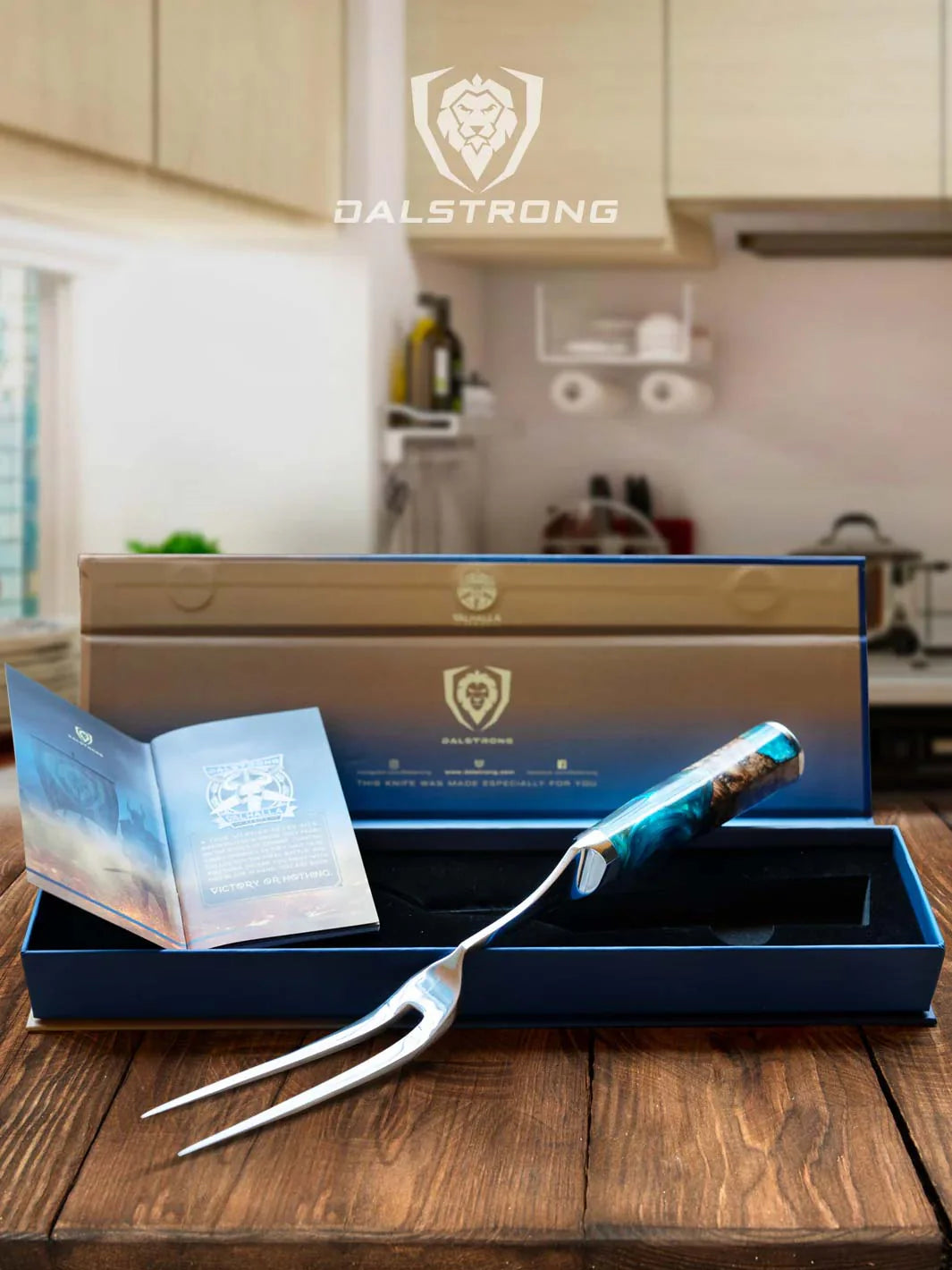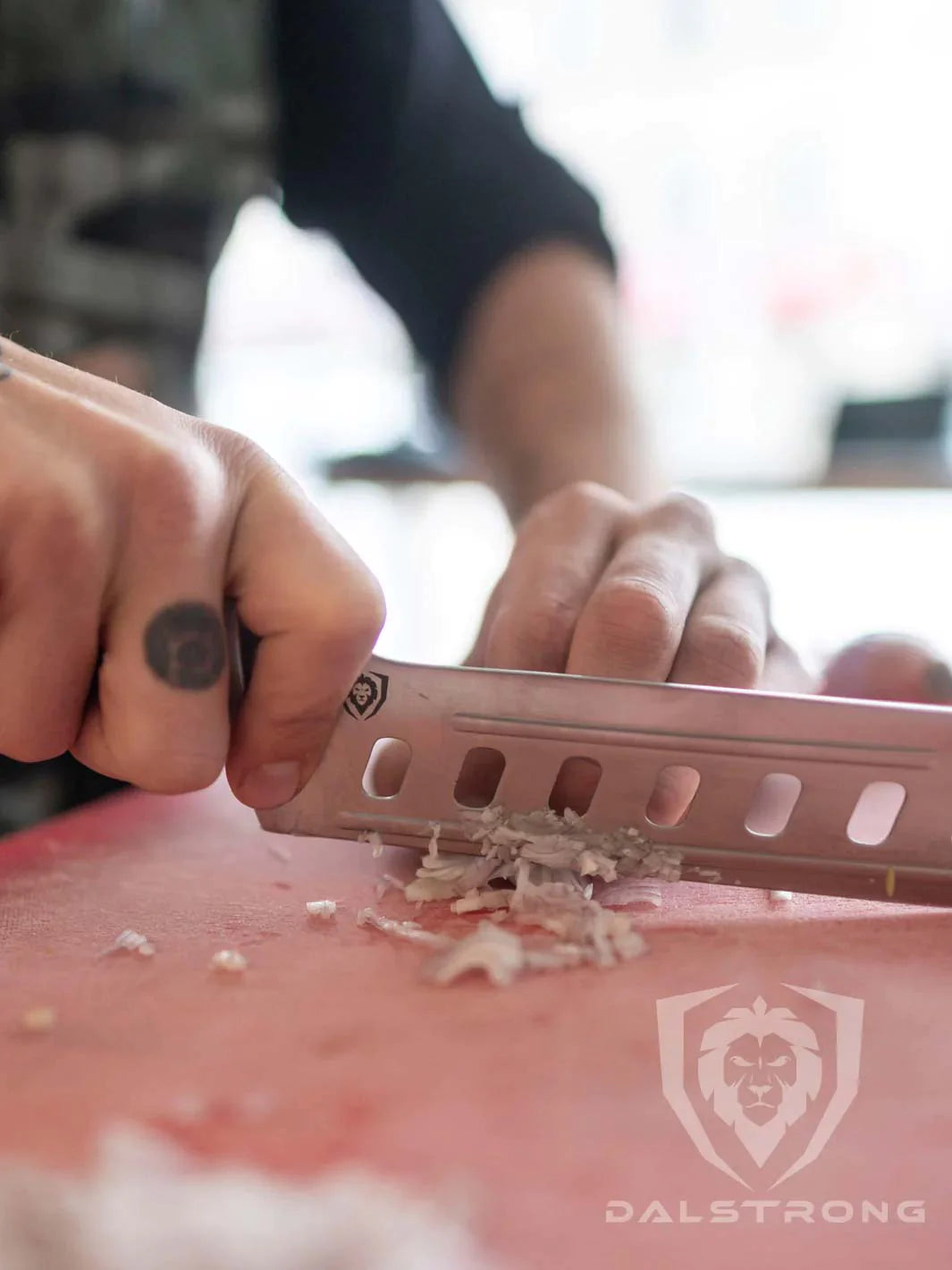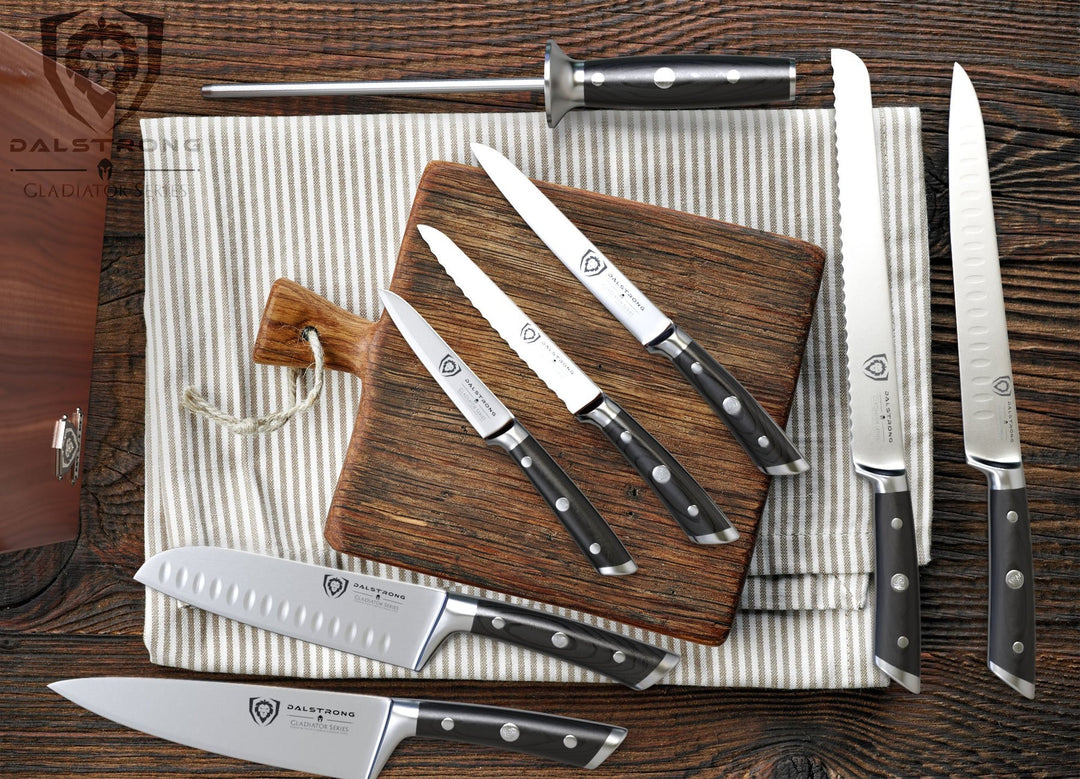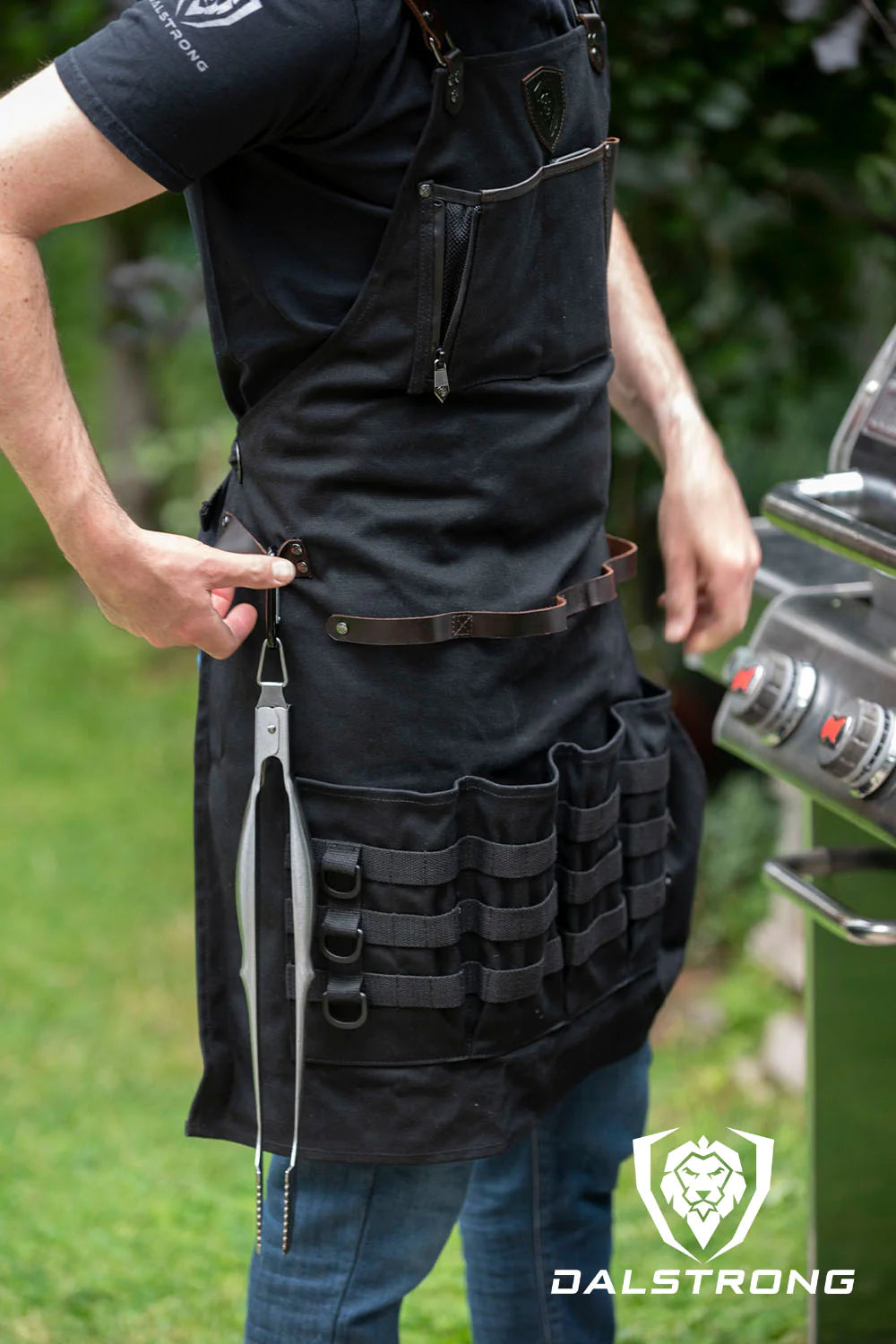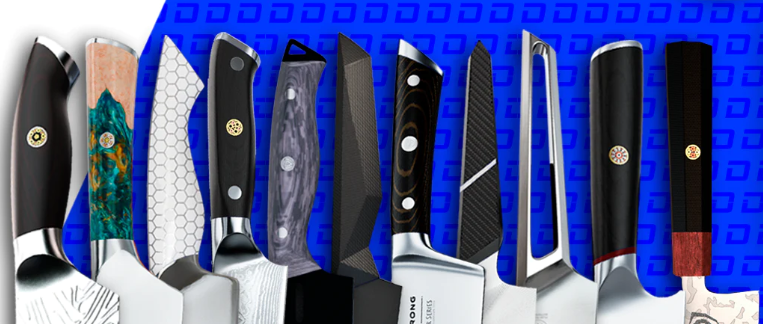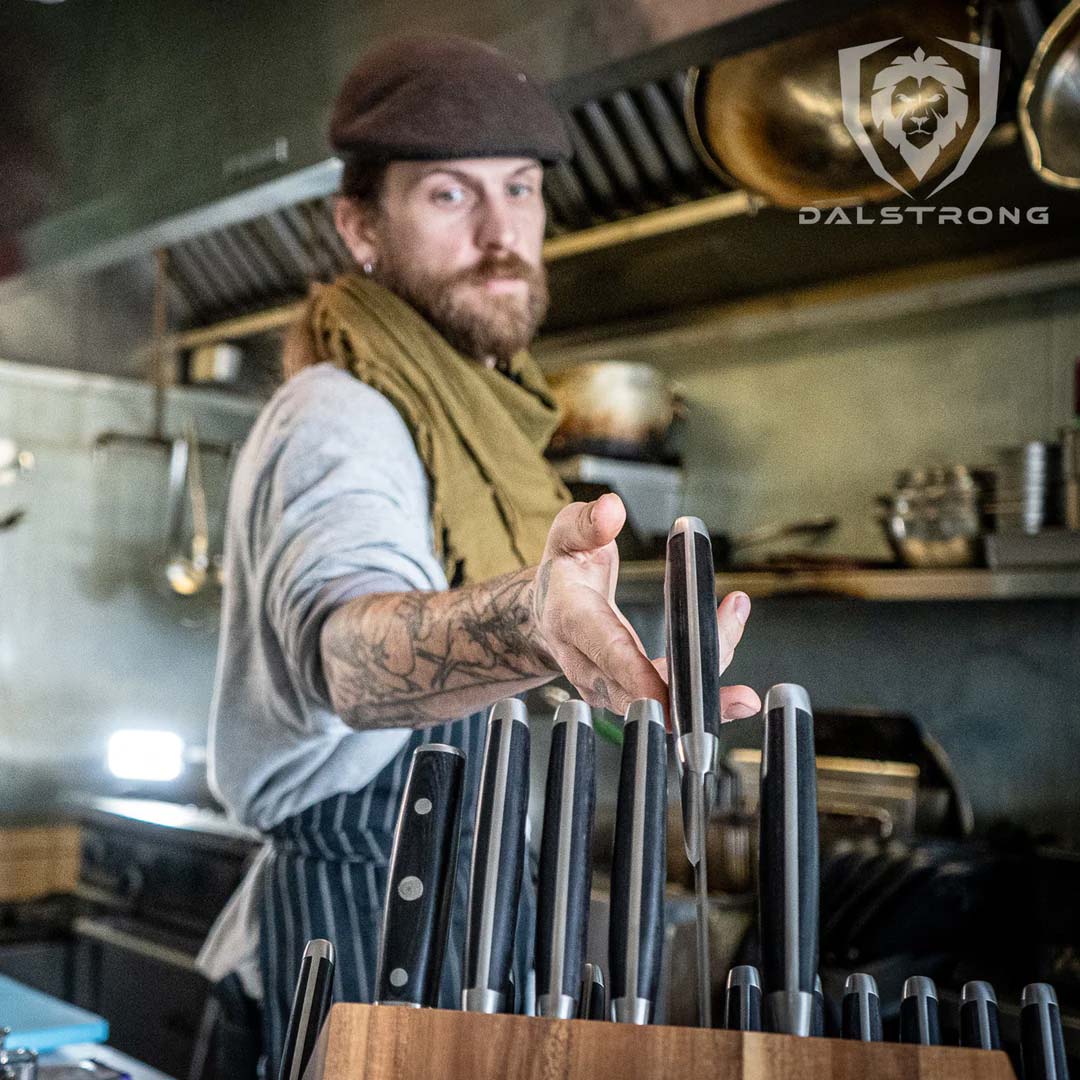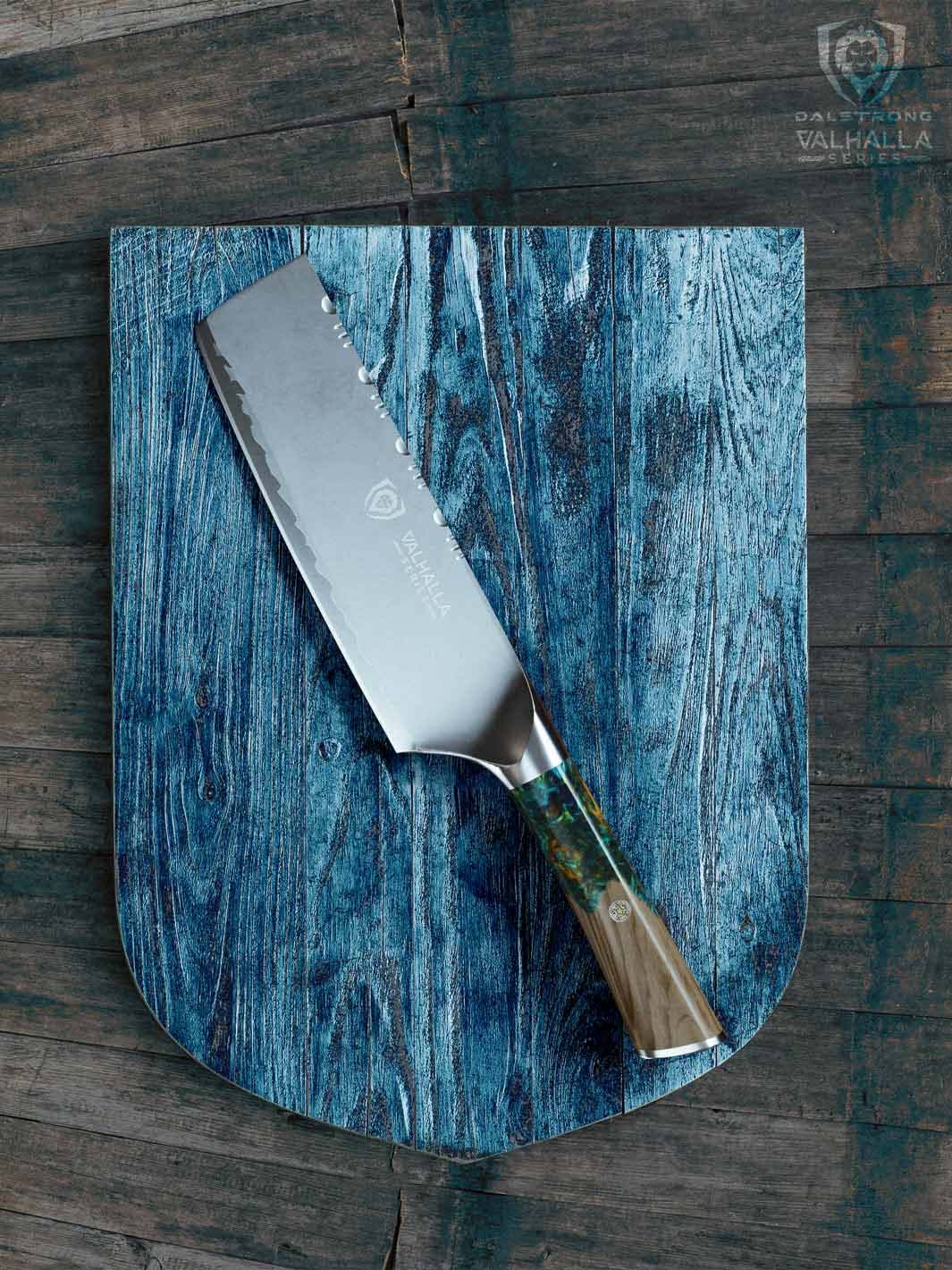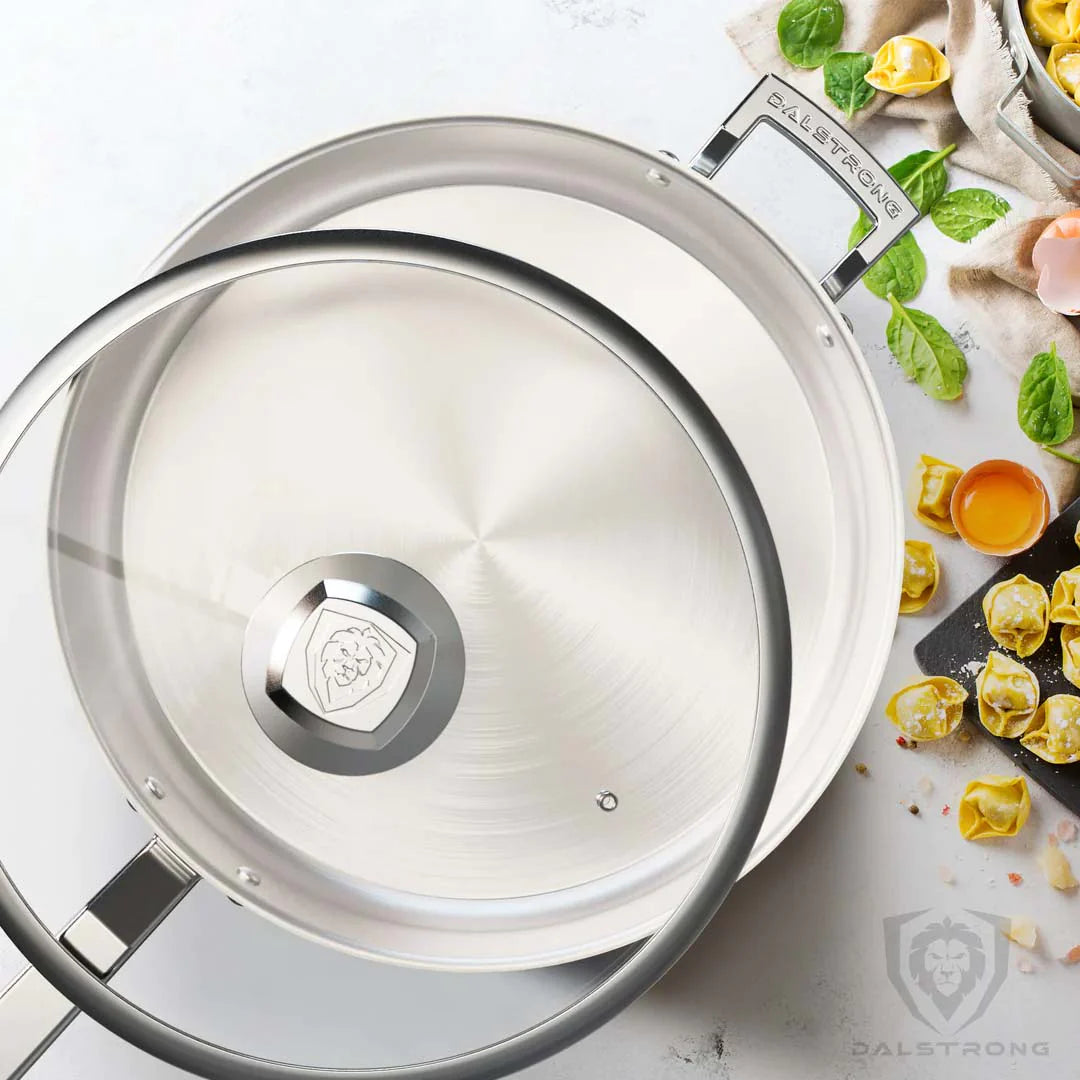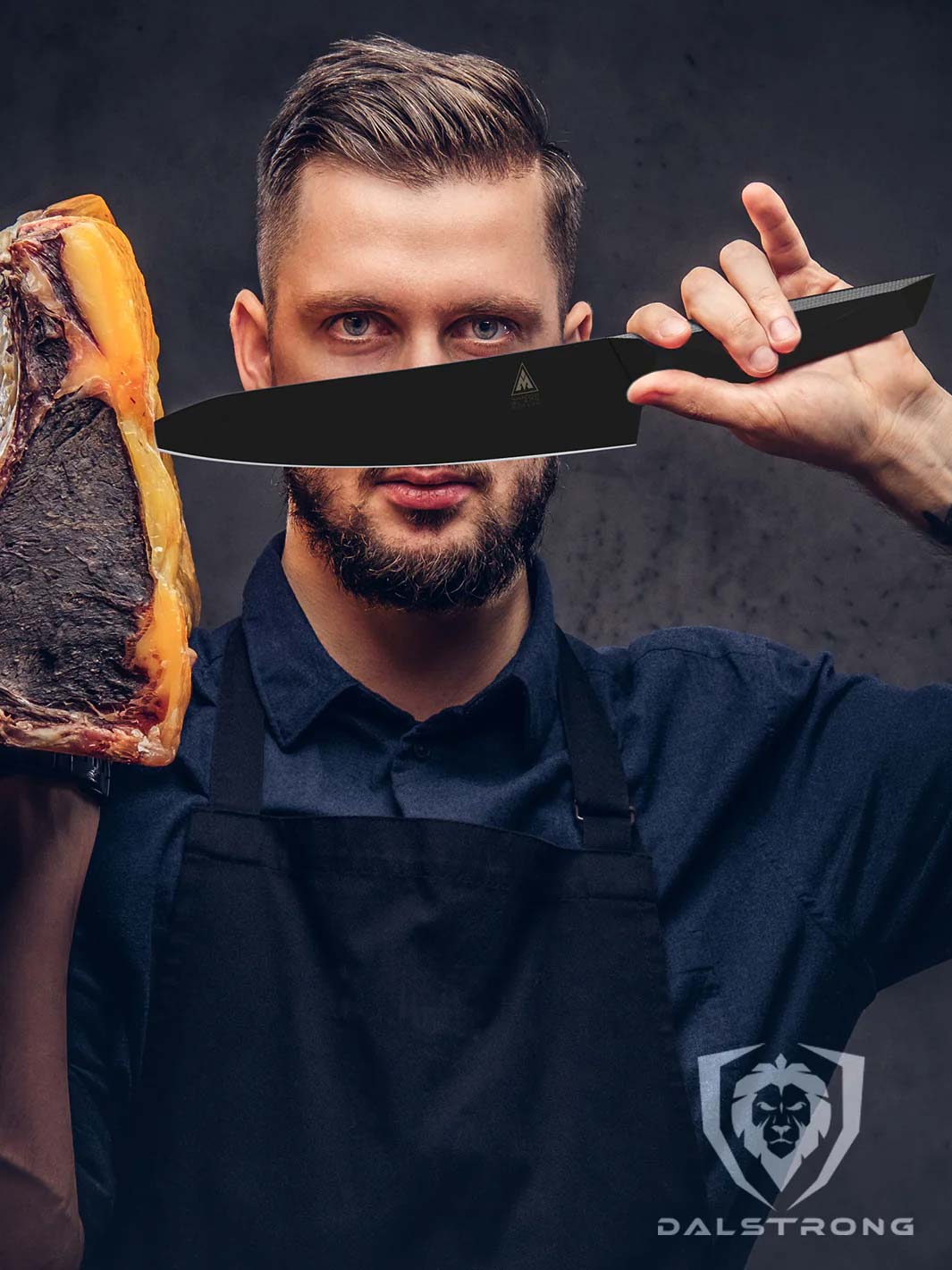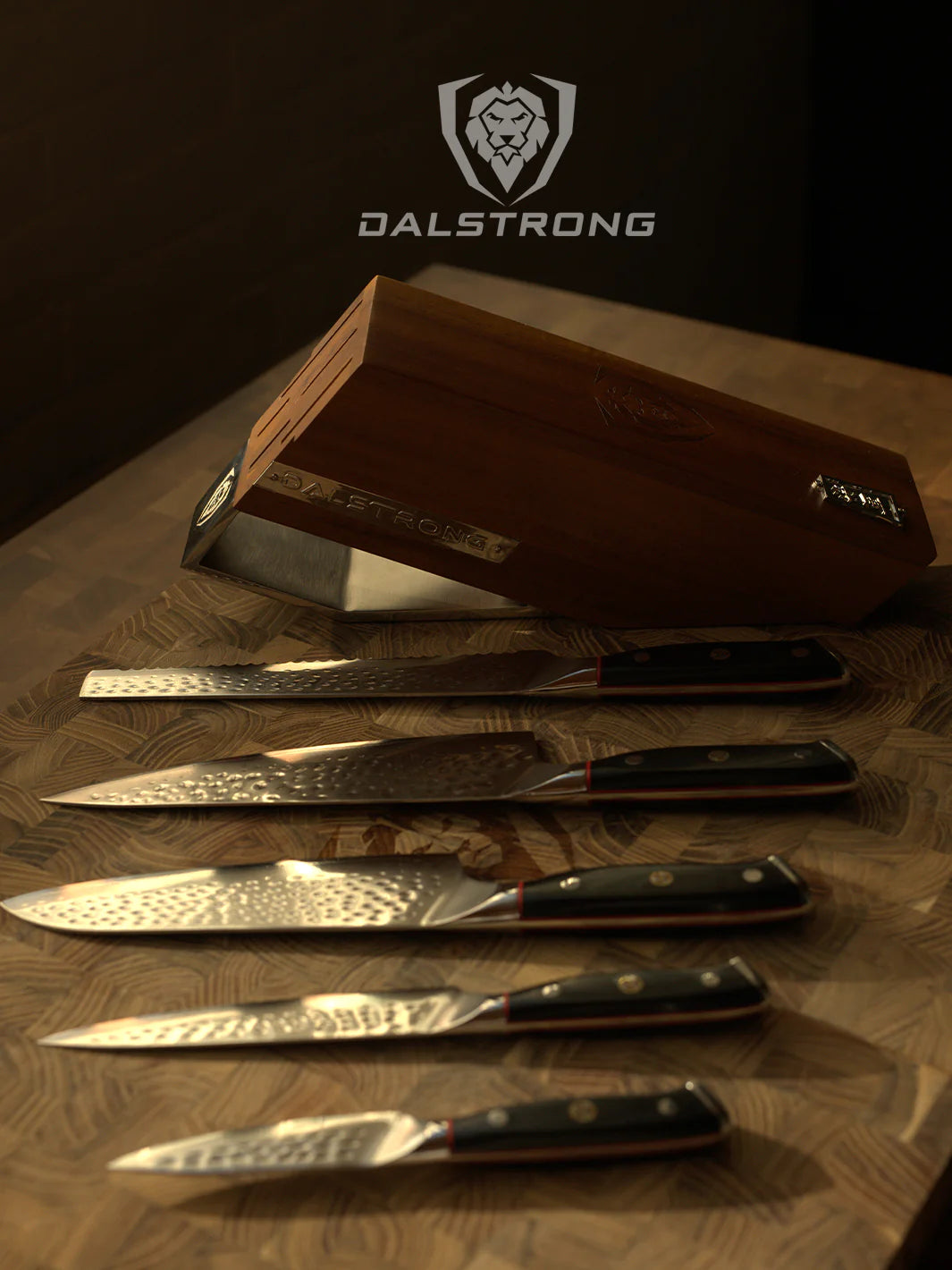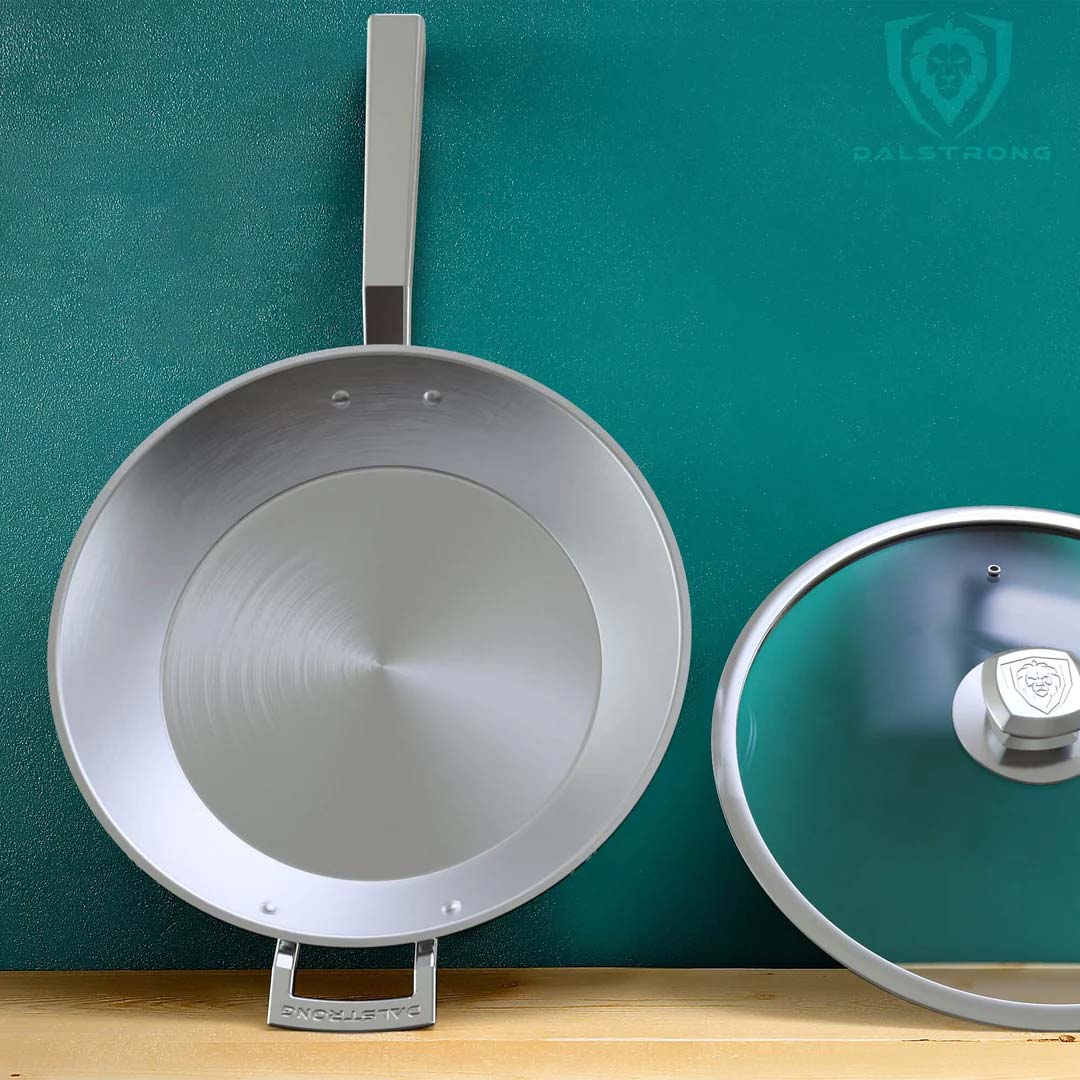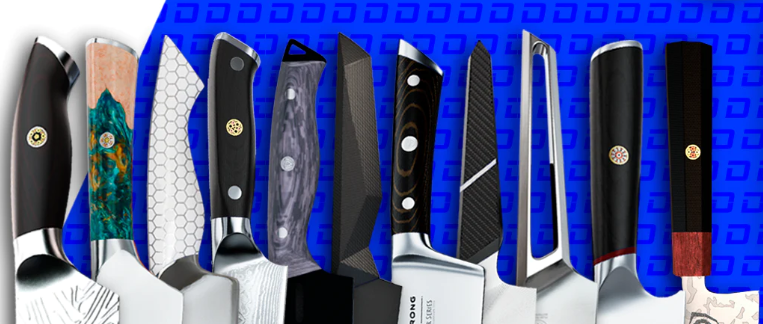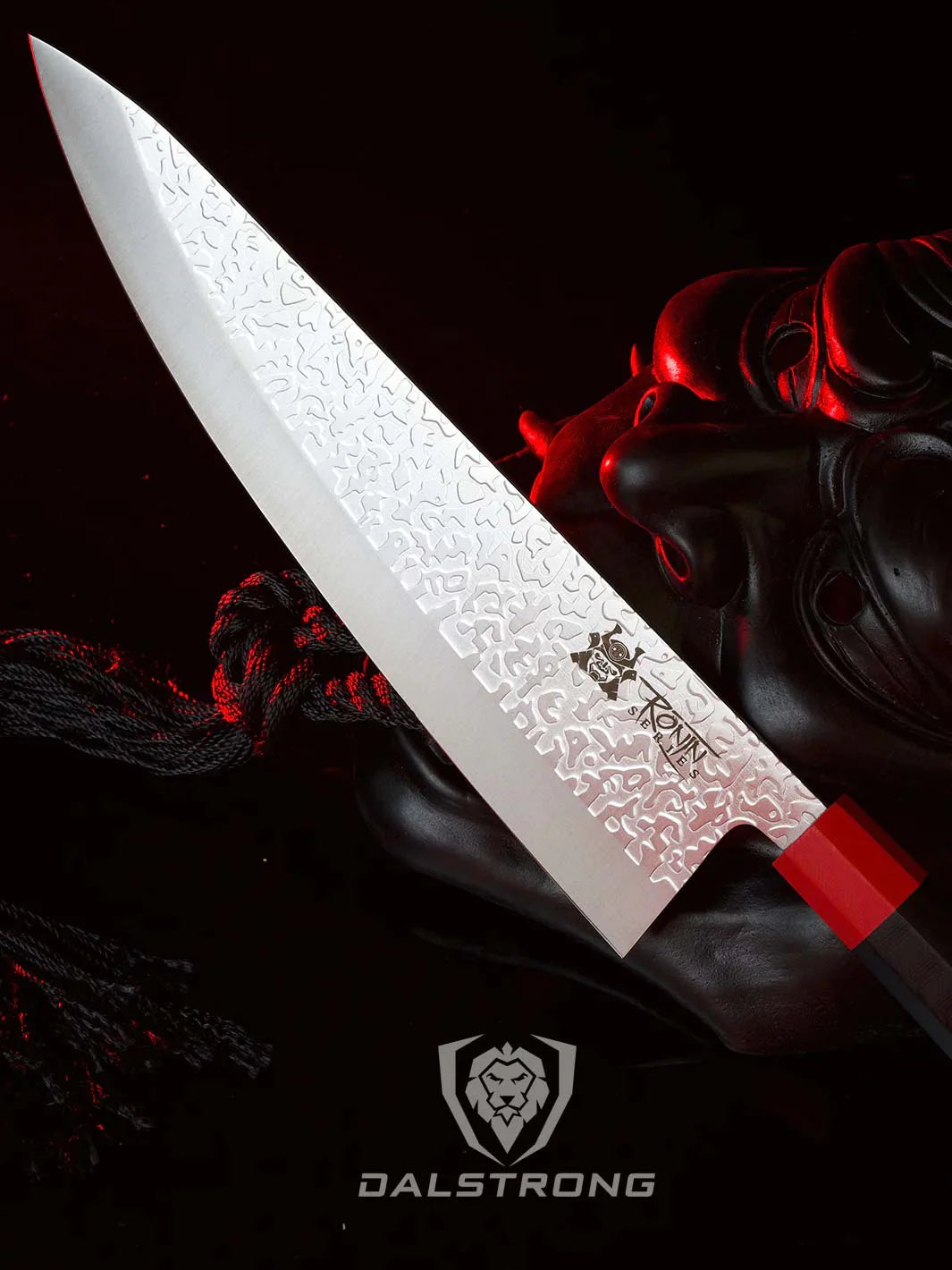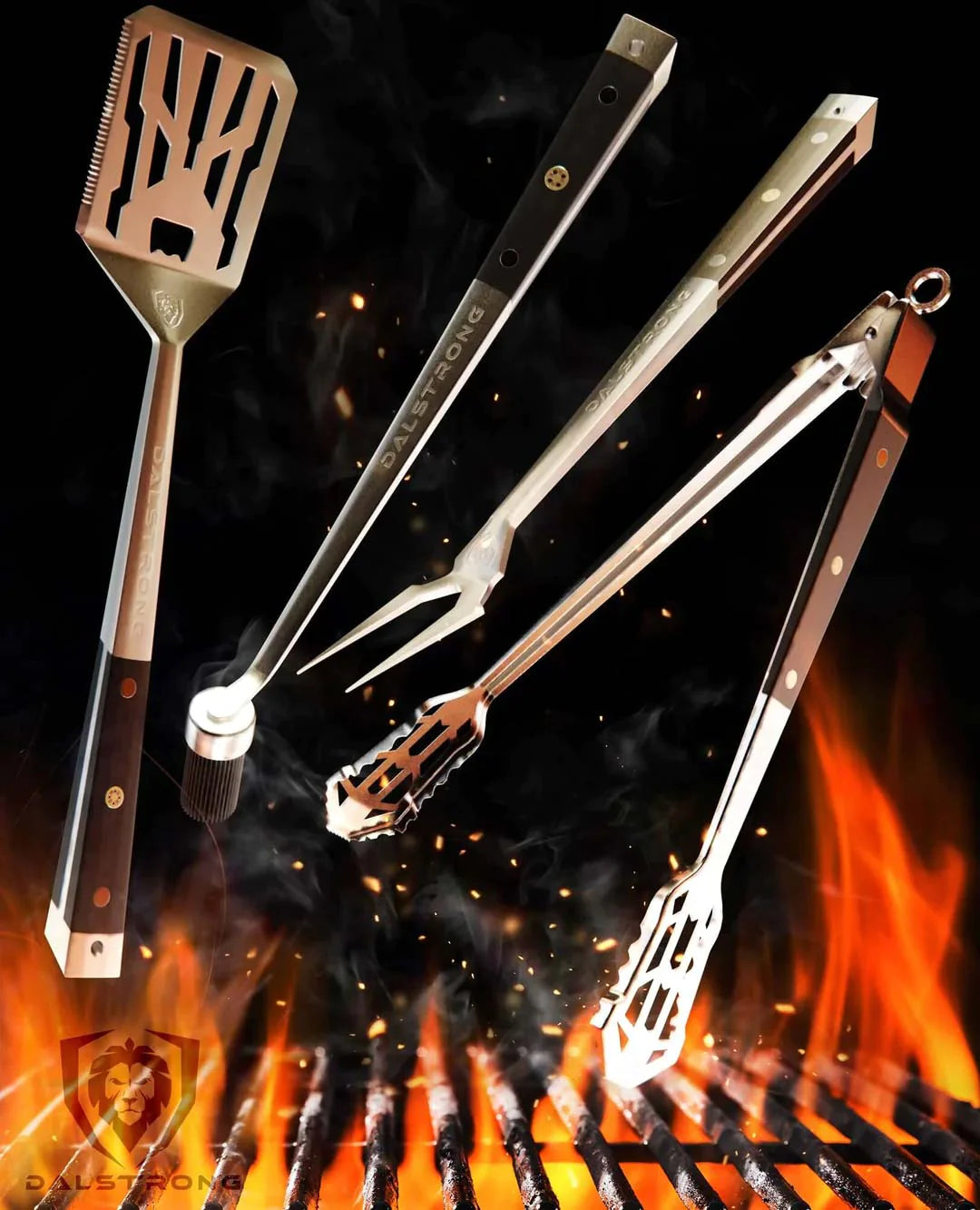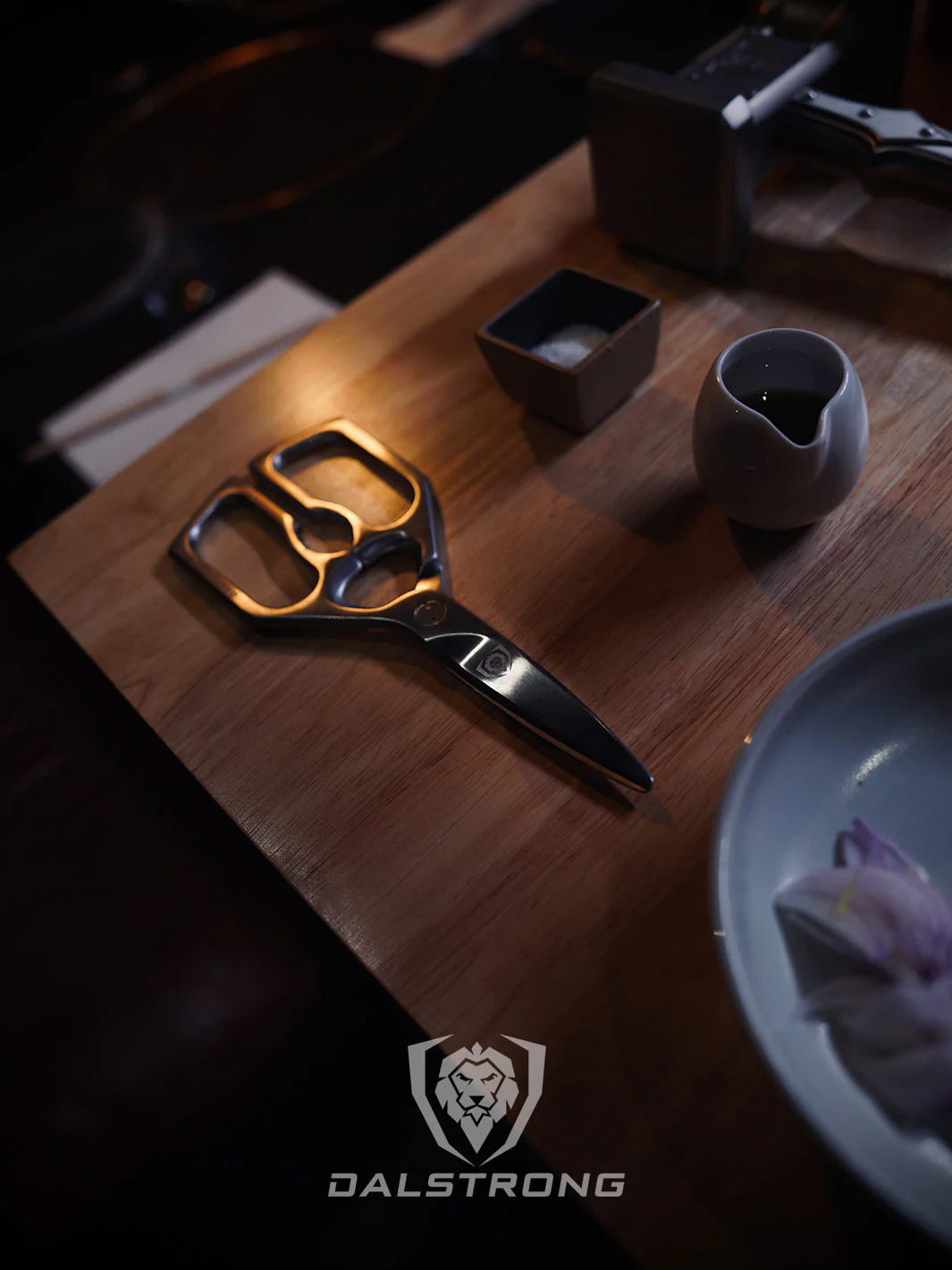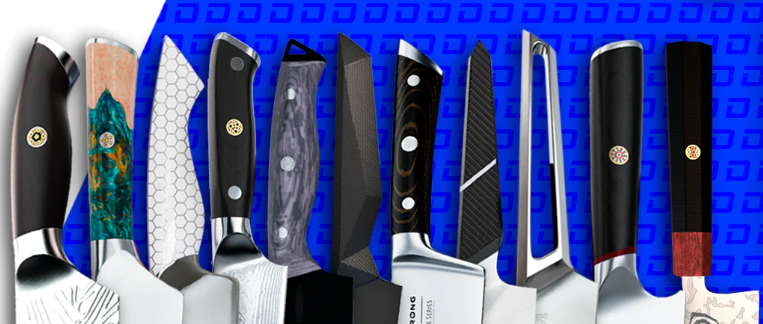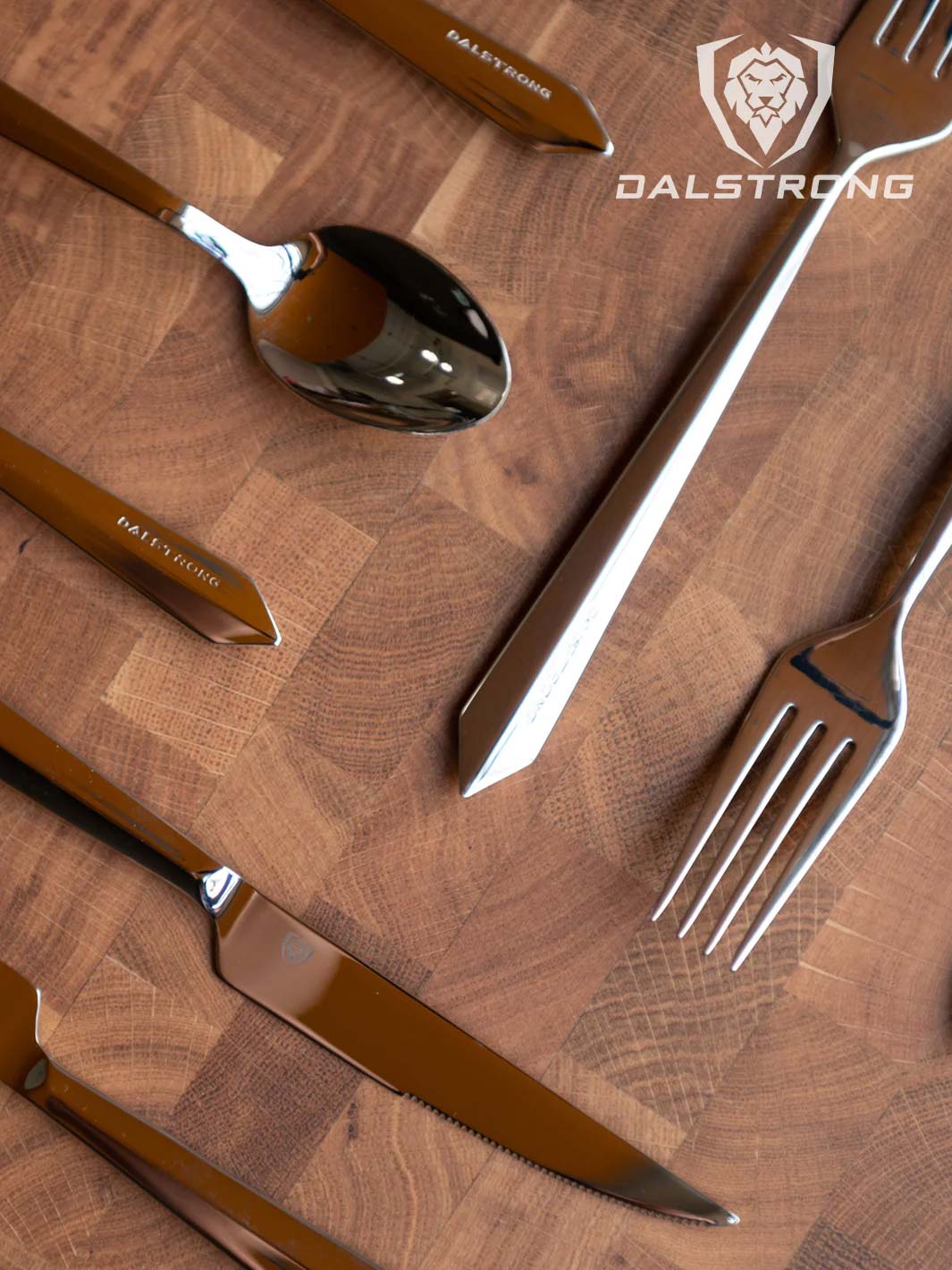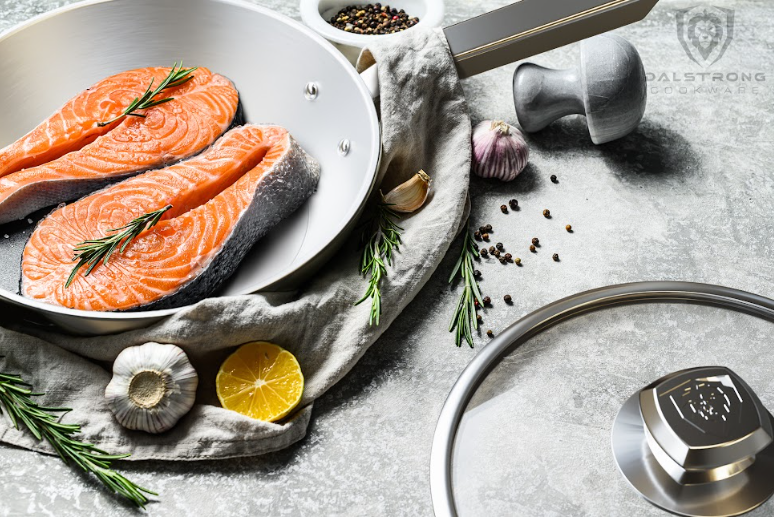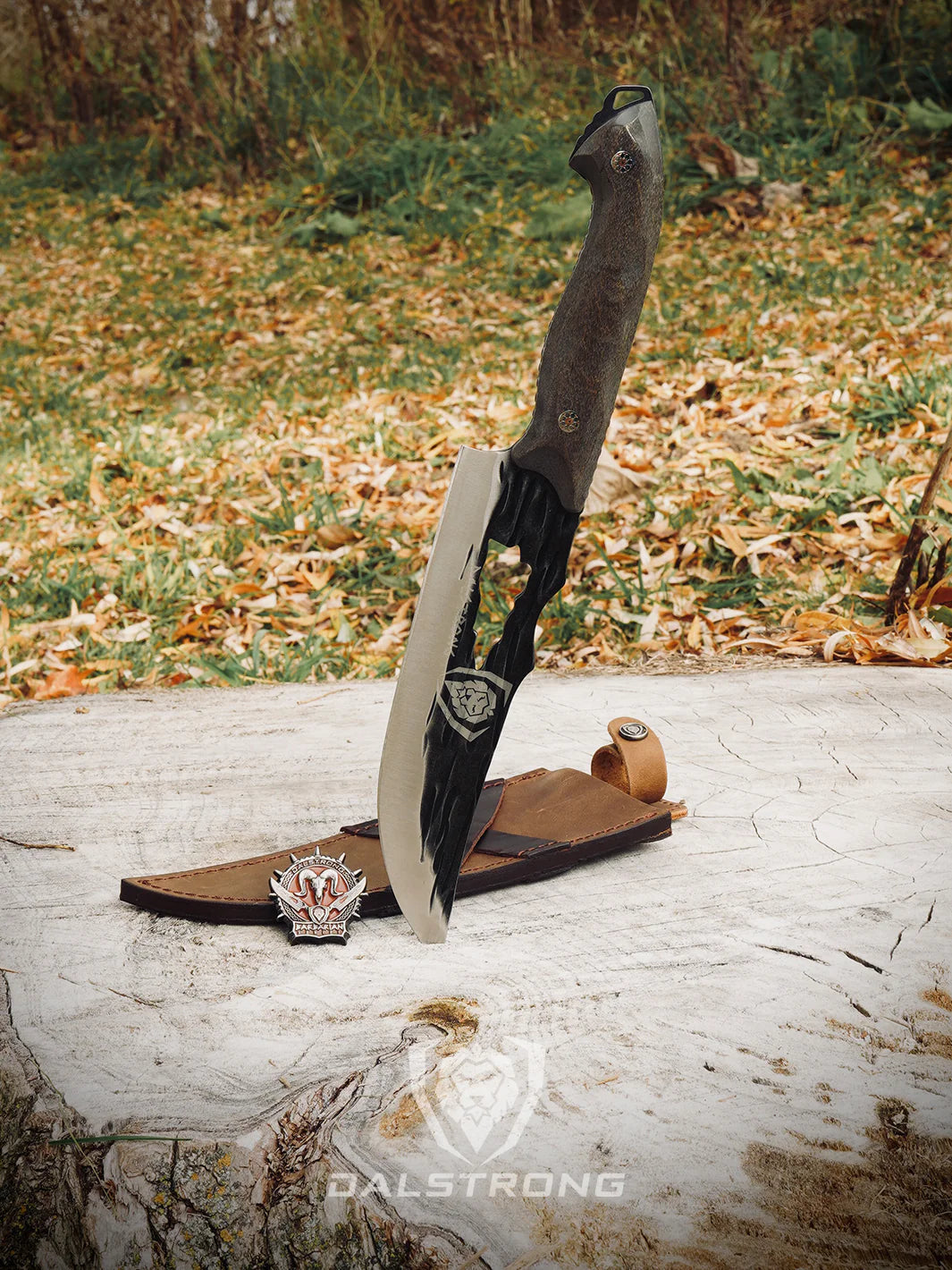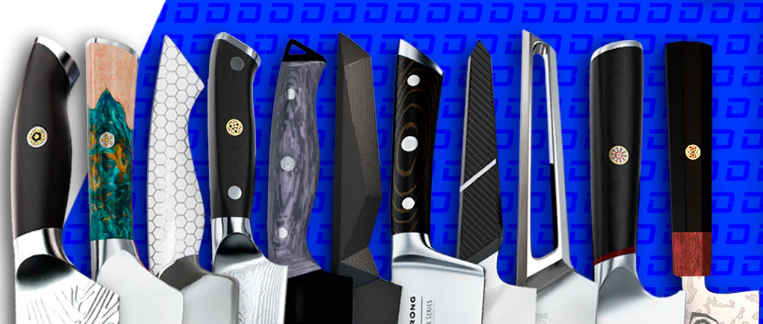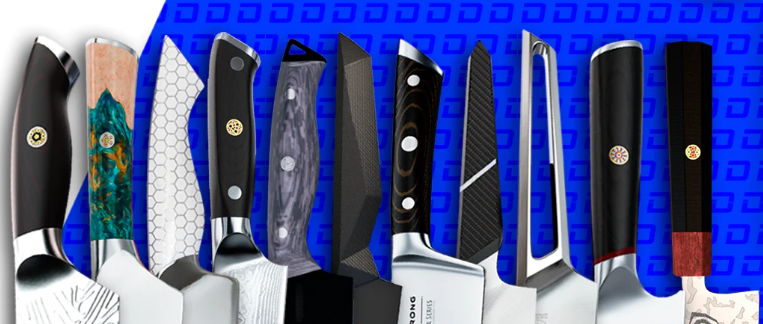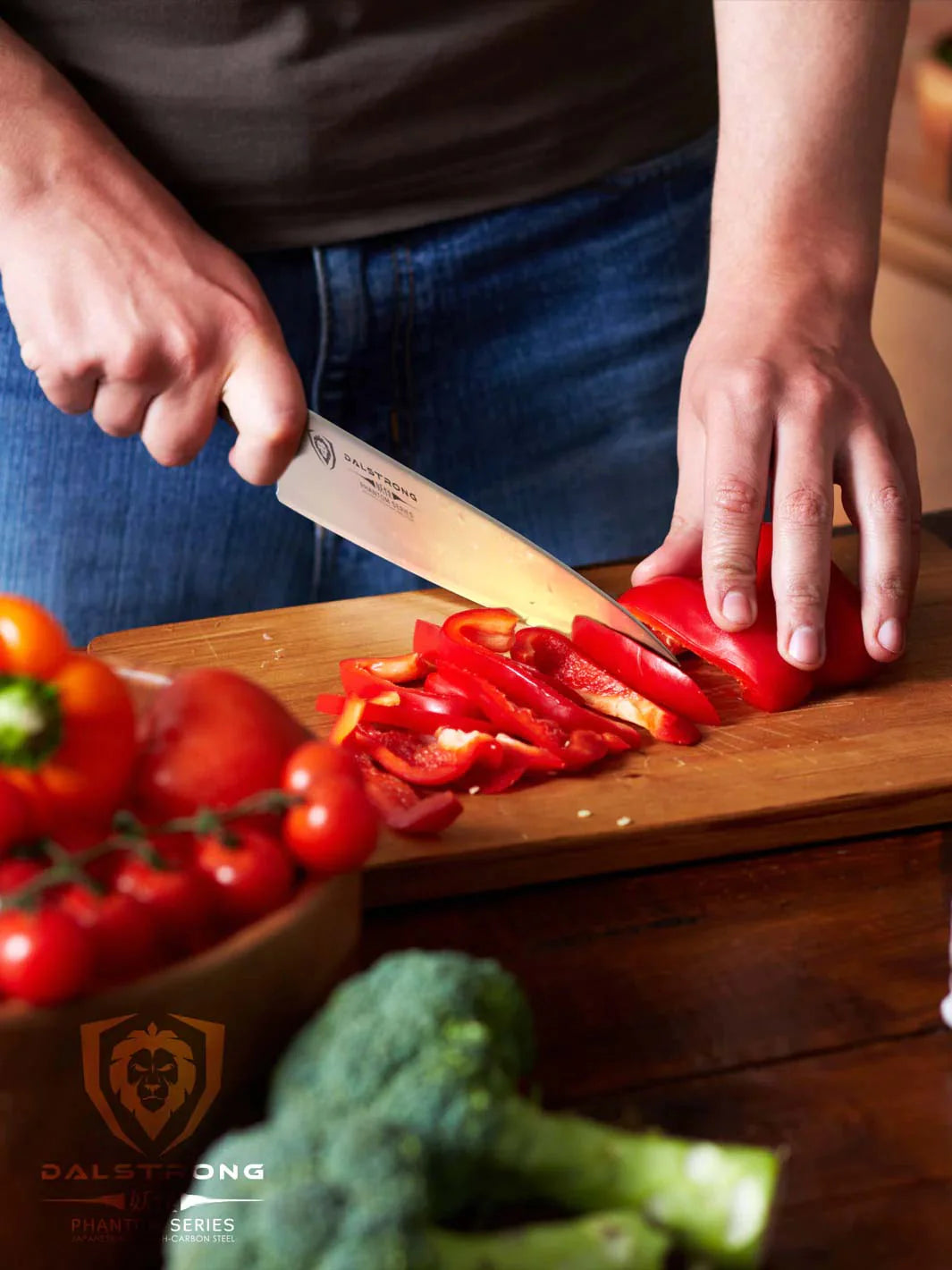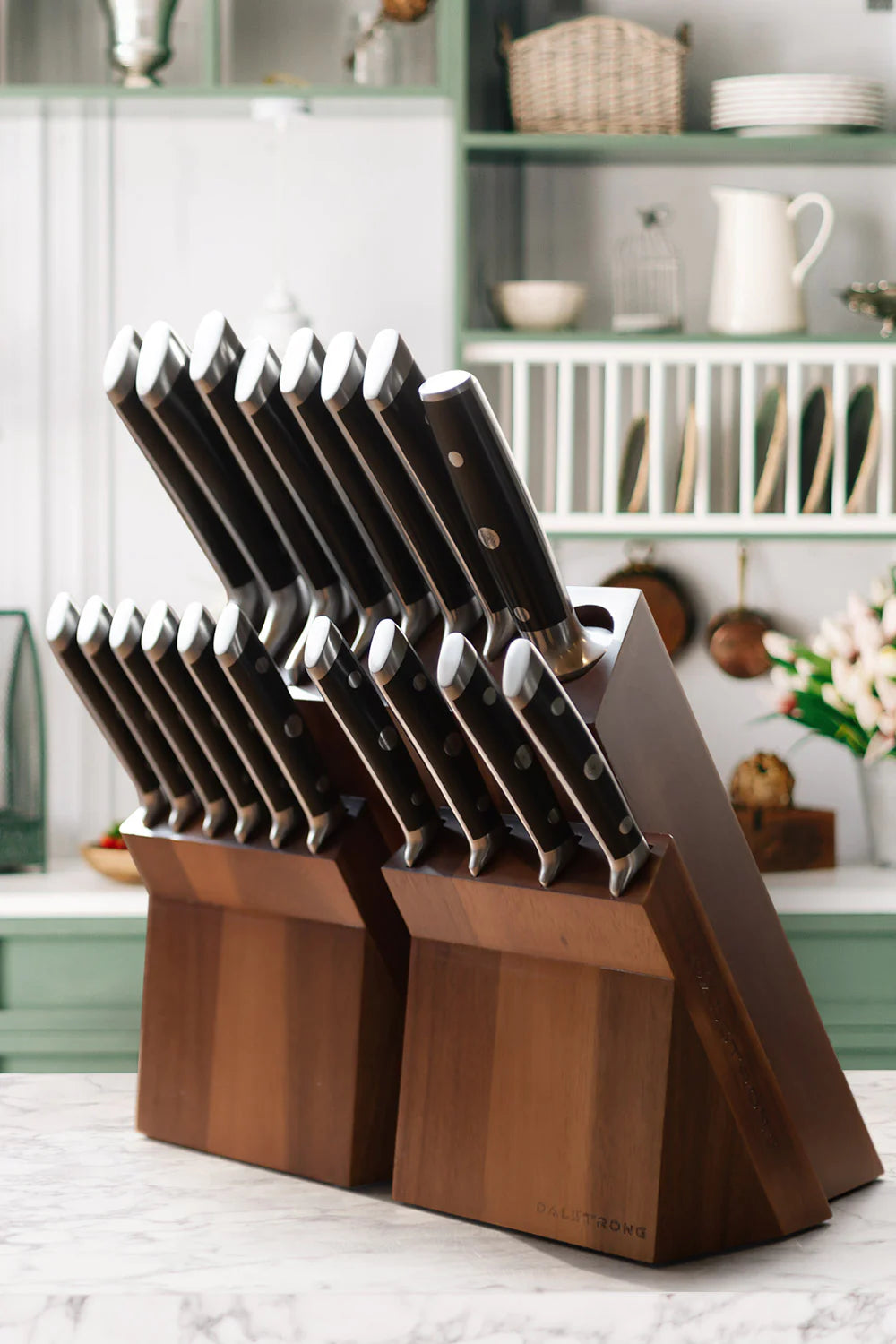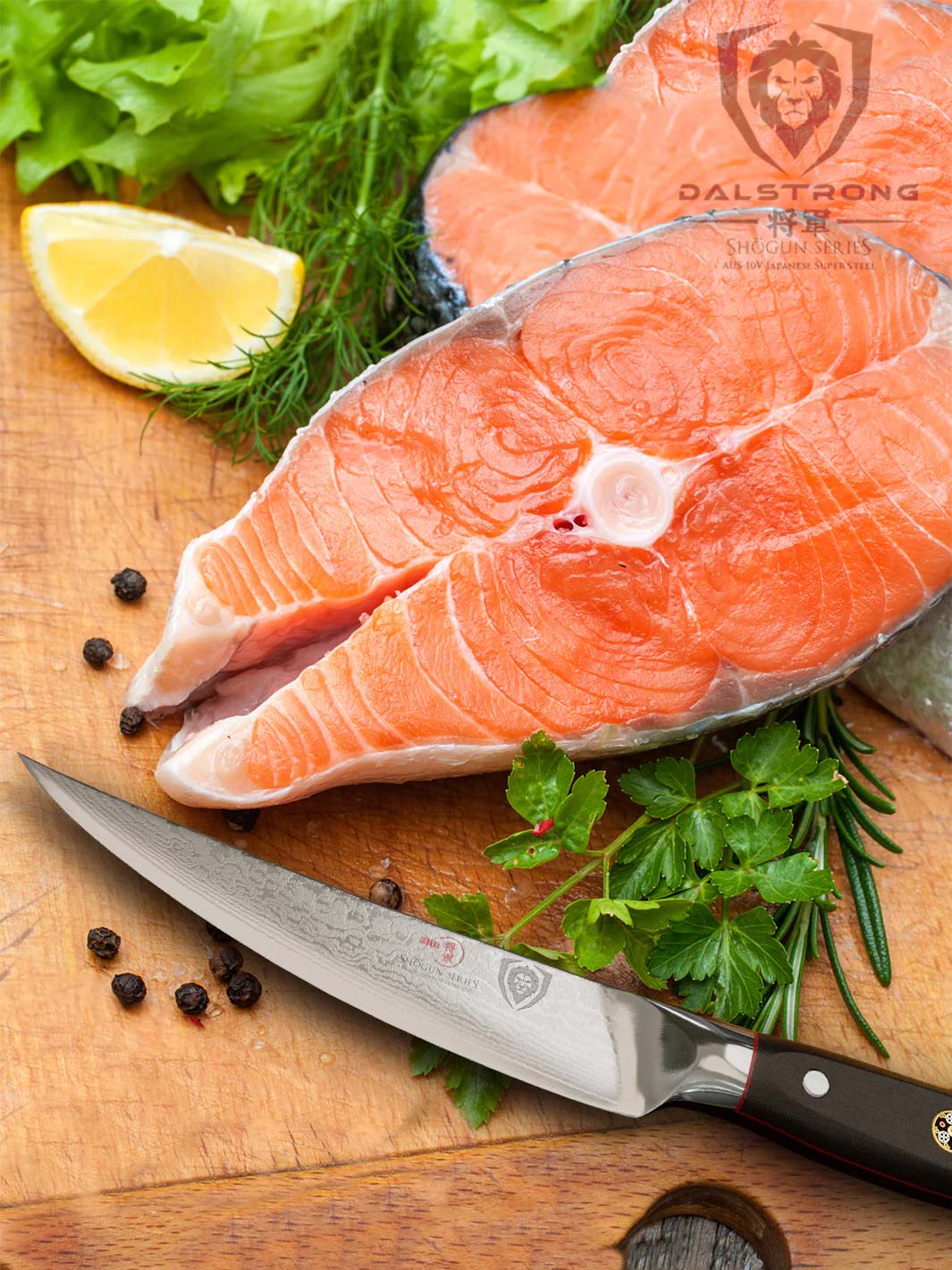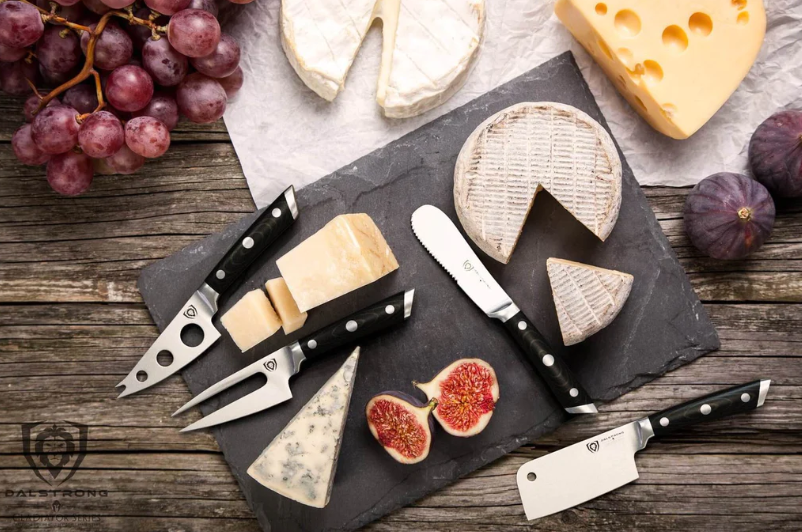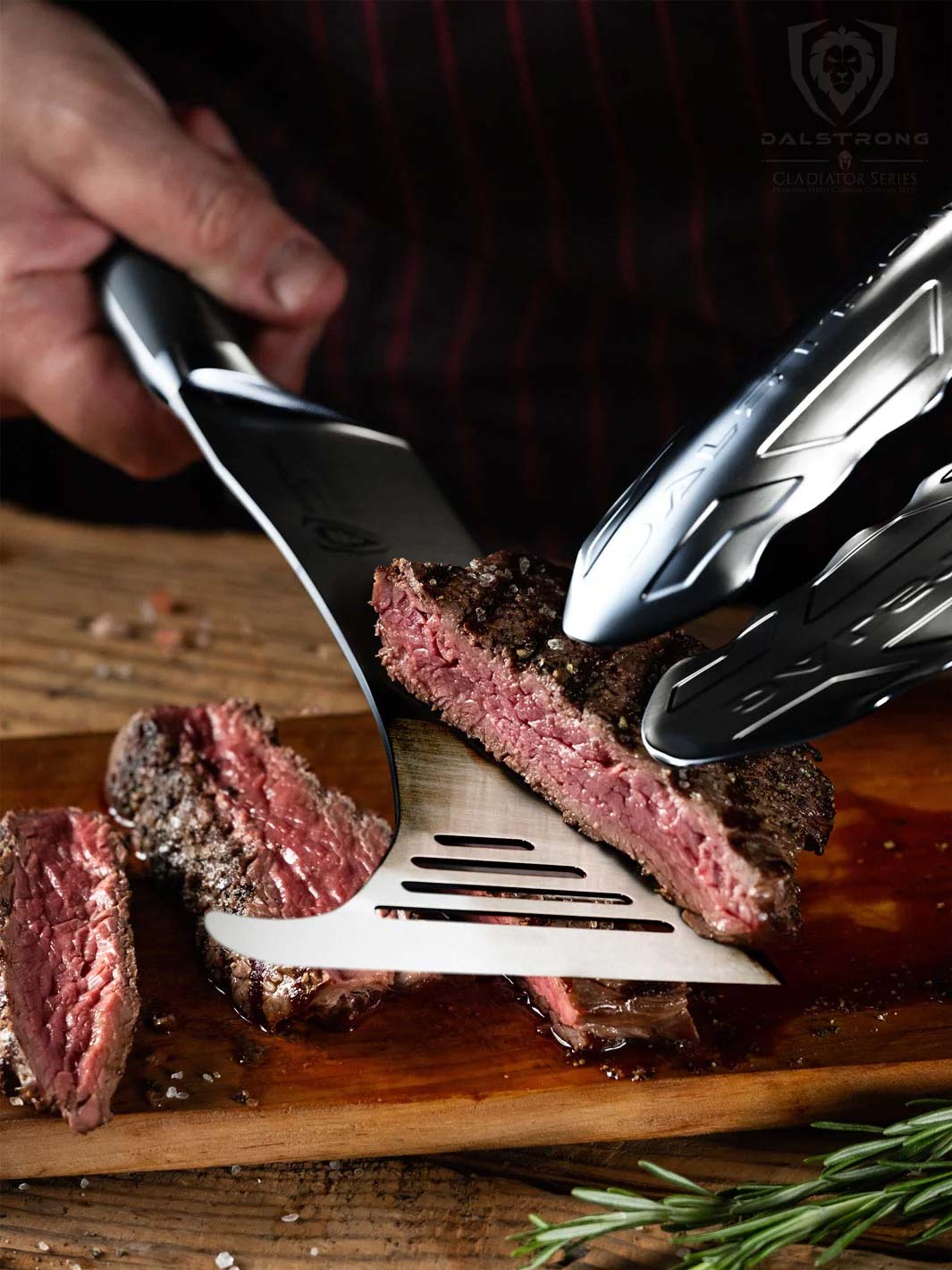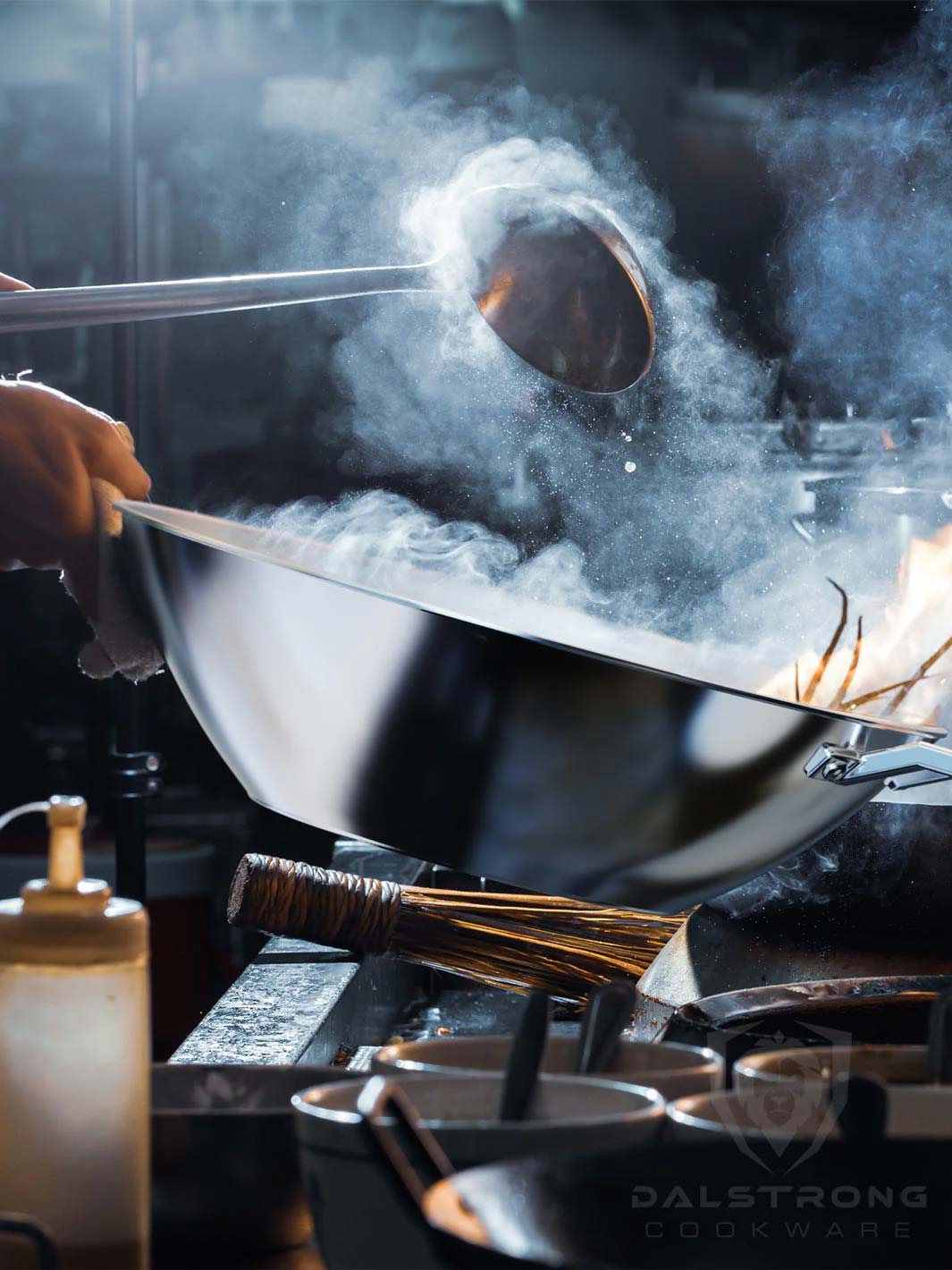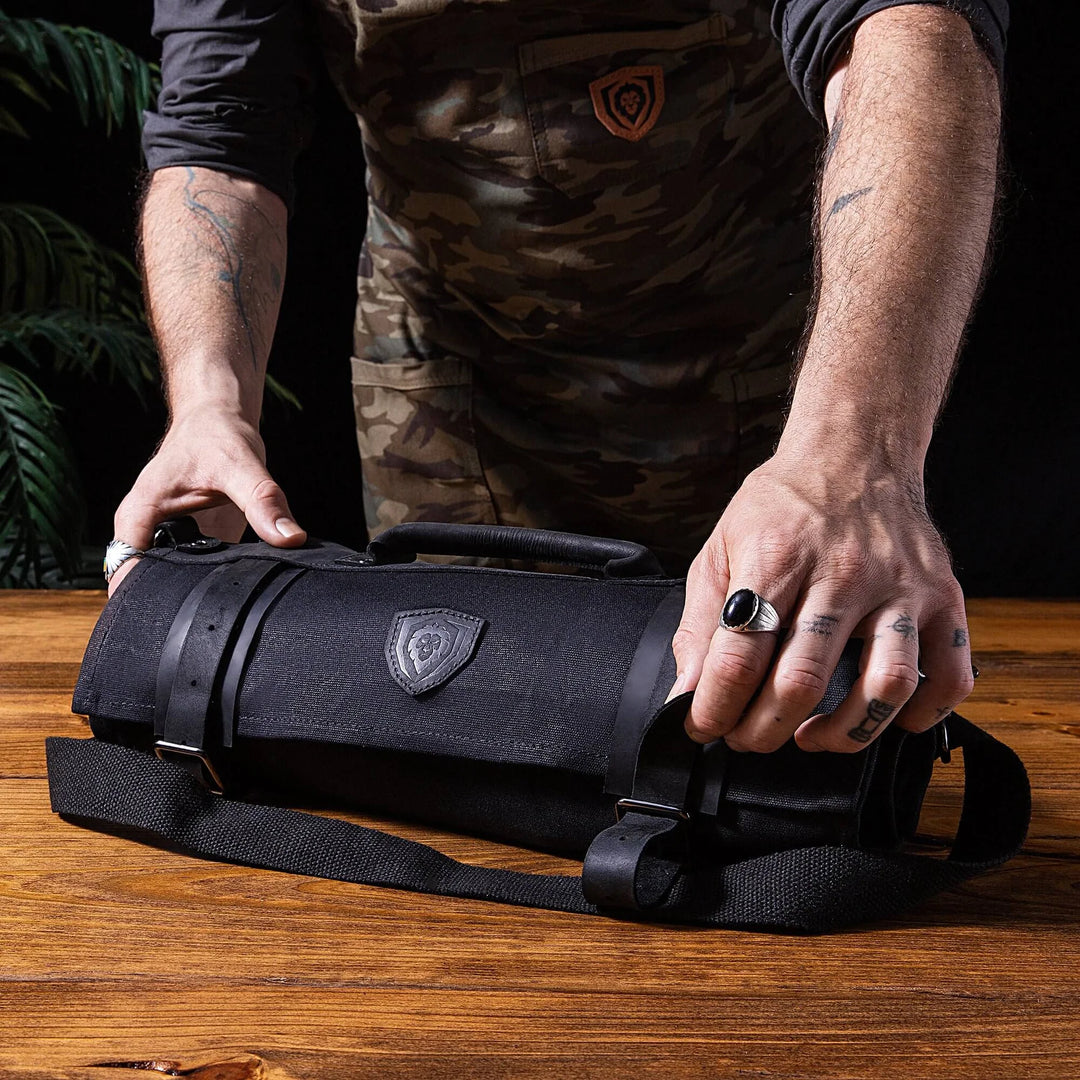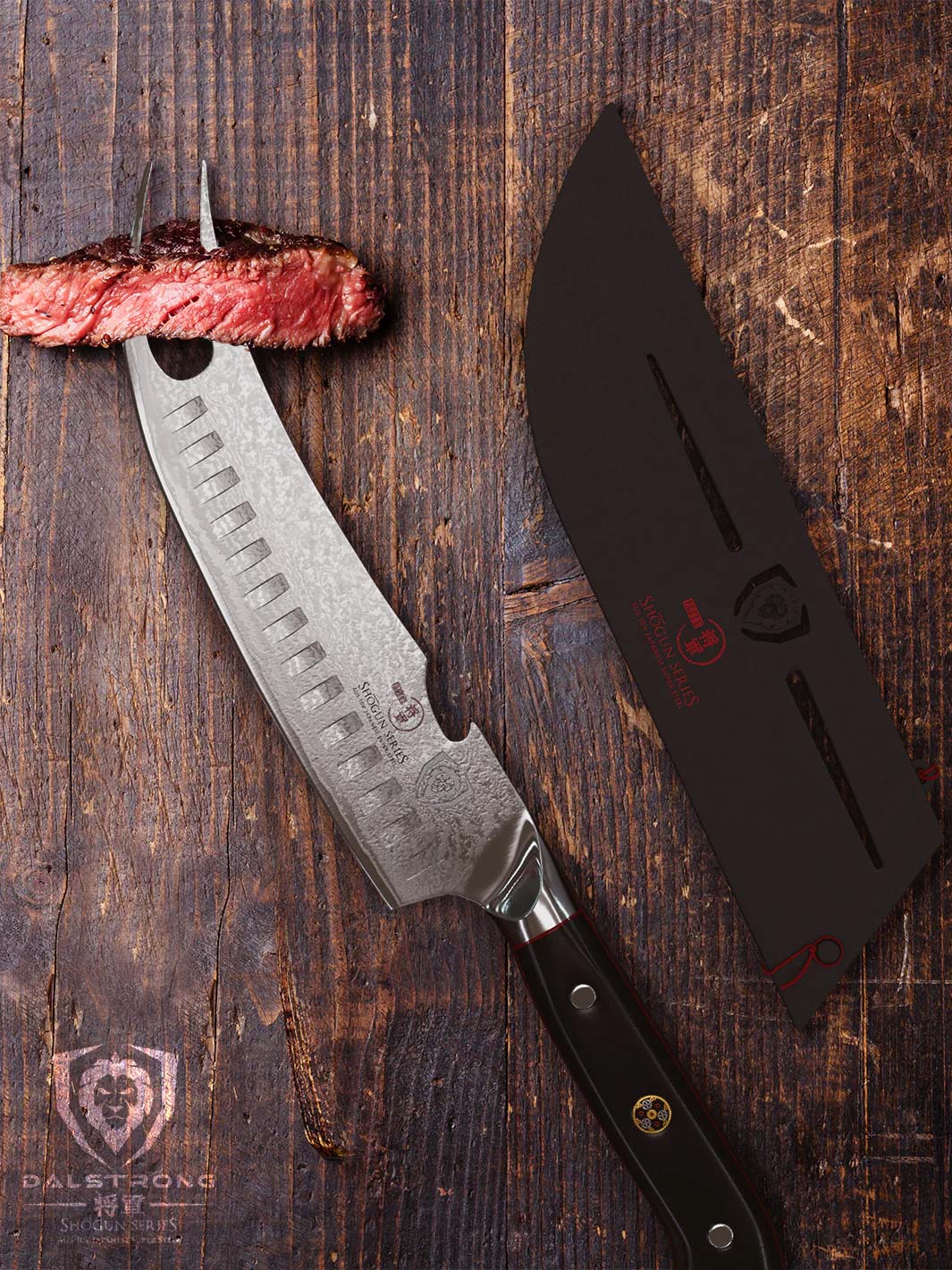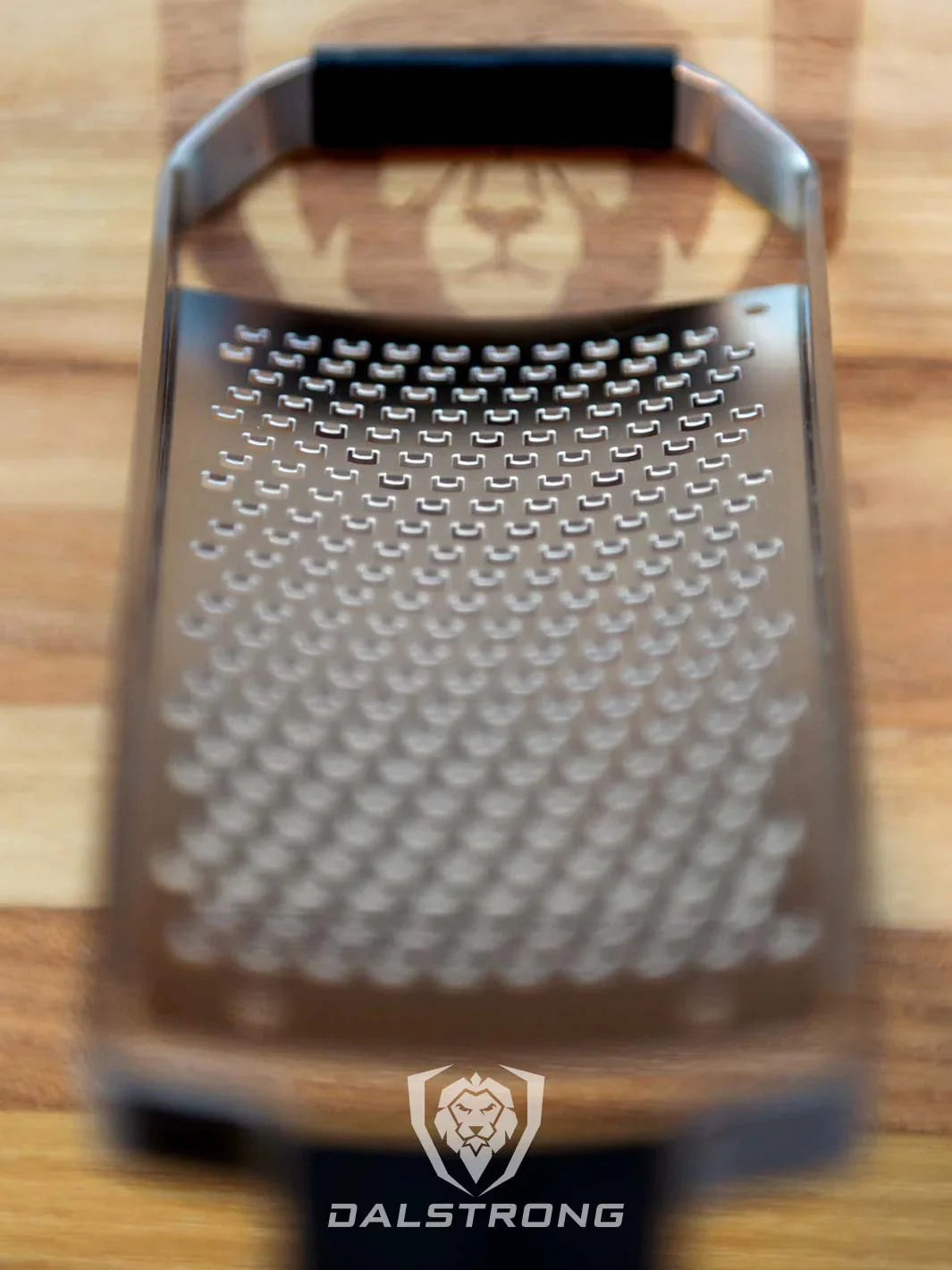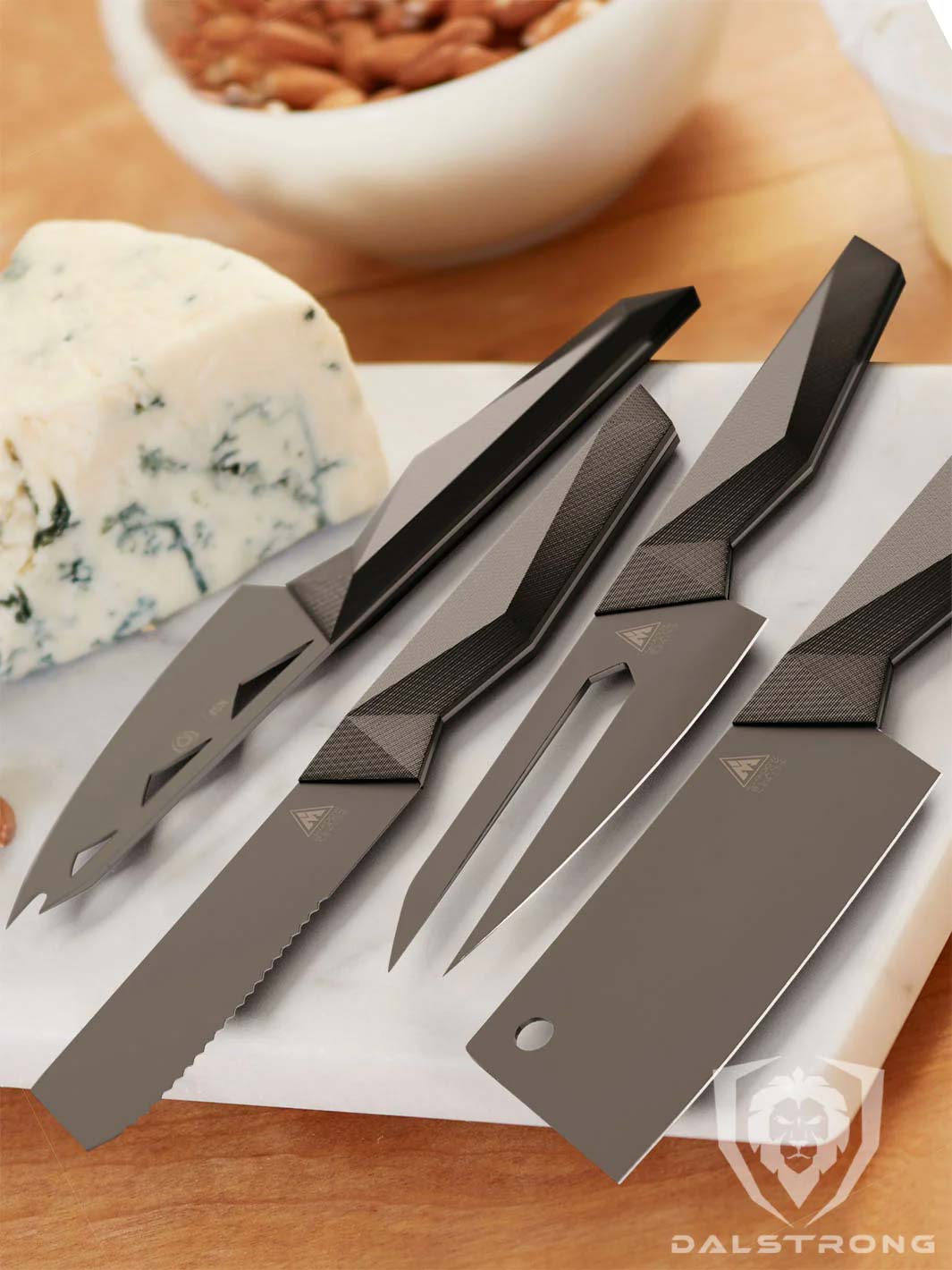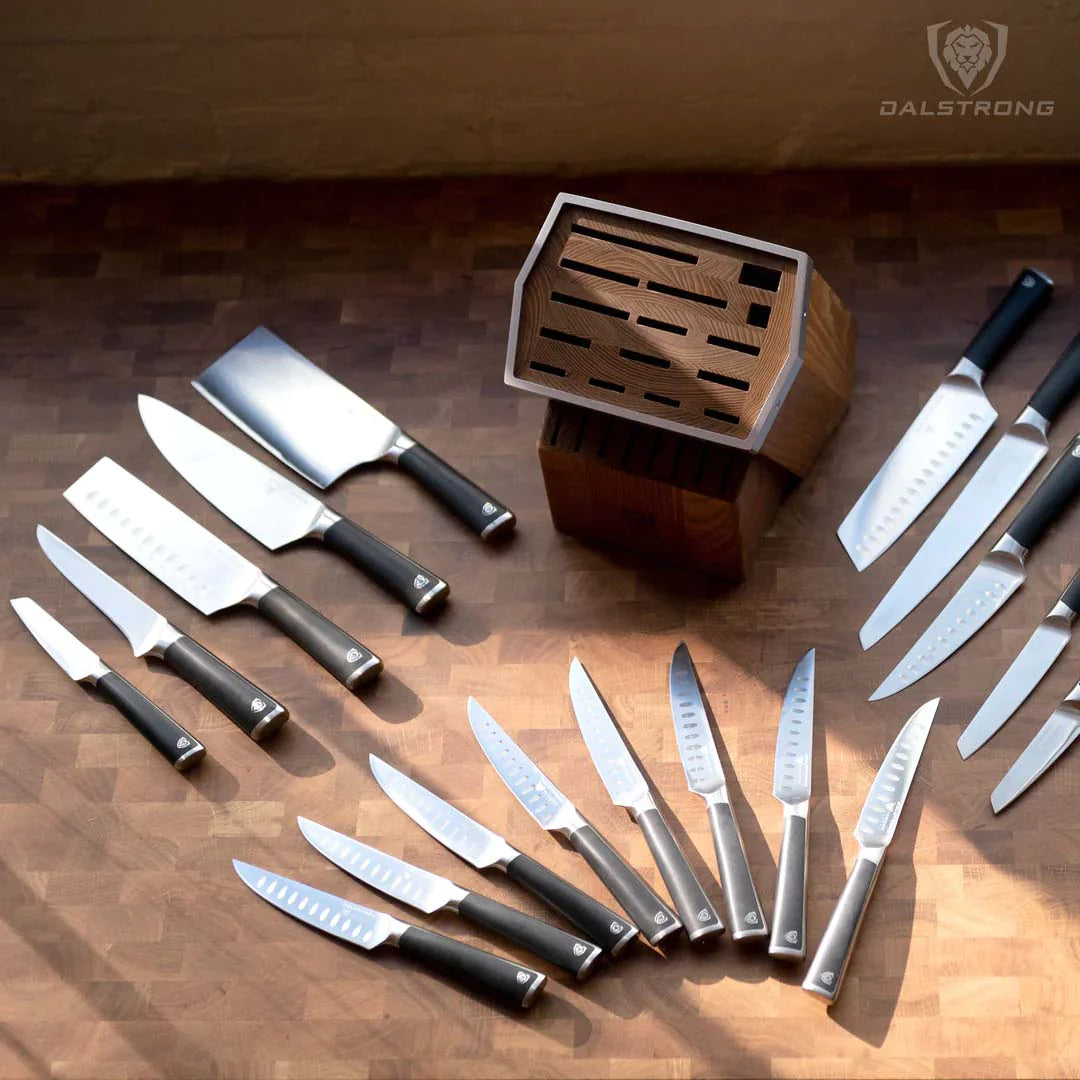Bamboo Cutting Board Vs Teak Cutting Board: Which One Is Better?

Cutting boards (sometimes known as chopping blocks or carving boards) are an essential part of home cooking. But the world of home chefs is sharply divided as to which material makes the best cutting board. In this article, we compare bamboo cutting boards and tropical teak cutting boards to see which one comes out on top.
1. Key Characteristics to Look For in a Cutting Board
Finding a good cutting board is harder than you might think. As they start their culinary journey, many people are content to make do with any cheap slab of plastic that they find. After all, it’s just a surface for cutting, right?
But of course, if you’re reading this blog, you already know that there are reasons to look into a higher quality cutting board. Not only is usability a huge factor, but you want to make sure the tool you’re using to prep your food is hygienic, durable, and easy on your knives.
So what should home cooks look for when searching for a cutting board?
Size and shape
A good cutting board should be an aid in the kitchen, giving you enough space to prep your meat or produce. There’s no one-size-fits-all solution, and every kitchen is different, so getting a cutting board that fits the space you have (and the uses you’ll give it) should be an utmost priority.
Durability
A great cutting board shouldn’t be prone to easy cracking. This is why a good, strong cutting board material like teak wood is preferred. And you want the chopping board to be thick enough that it won’t warp over time.
Hygiene
A good cutting board should be hygienic and easy to clean. Some cutting board materials make a great breeding ground for bacteria. A solid cutting board should avoid this issue and ensure safety for your food.
Protect your blade
A great cutting board should not damage your knife’s blade. Your chopping board should be your knife’s ally, not its enemy. This varies depending on the material that is used for your cutting board. Generally, it’s a good idea to find cutting boards made of woods like tropical teak – which are firm enough to facilitate precise cuts, but have enough “give” to not damage the knife blade.
Style
A great wooden cutting board should look good. This is a piece of your kitchen as any other, so you want it to be somewhat stylish as well.
2. Bamboo Cutting Board: Pros & Cons
 Teak Cutting BoardMedium Size | Dalstrong
Teak Cutting BoardMedium Size | Dalstrong
Bamboo cutting boards are quickly becoming a go-to alternative for home cooks. Let’s check out their pros and cons and figure out if they’re the best way to go.
Pros:
- Bamboo is a hard grass, which makes it a sustainable and renewable resource. That means bamboo cutting boards are environmentally friendly.
- Organic bamboo cutting boards look good. It’s a stylish material.
- Bamboo cutting boards don’t crack or warp easily.
Cons:
- Bamboo is a very hard material, which means that it can very quickly dull or even chip your knives.
- Food-grade bamboo cutting boards are less hygienic than wood. The surface of bamboo tends to become fuzzy over time, making it an attractive home for bacteria.
- Bamboo cutting boards tend to be considerably more expensive than other materials.
3. Teak Cutting Board: Pros & Cons
 Teak Cutting BoardLarge Size | Horizontal Grain | Dalstrong
Teak Cutting BoardLarge Size | Horizontal Grain | Dalstrong
Hardwoods such as tropical teak and maple wood are preferred when it comes to cutting boards, as they are hard enough to provide precise cuts while also not dulling a knife’s hard-earned edge. Let’s talk about teak cutting boards.
Pros:
- Wood cutting board set are the classic choice, and sometimes that’s for good reason.
- They are extremely durable, able to withstand heavy use without chipping or warping.
- They are hygienic. Studies have shown that scratches that accumulate over time on wooden cutting boards aren’t especially harmful when compared to the bacteria that accumulates on other types of boards.
- Known for their natural beauty, which develops over time. Teak wood cutting boards look amazing, with a grain that is unique to each piece and will only look better with use.
- Low maintenance, very easy to take care of.
- They are more affordable than other types of cutting boards.
Cons:
- Teak cutting boards are definitely more traditional, which some home cooks may consider a little boring. But hey, when it comes to looks and performance, they can’t be beat.
- Some vendors will try to capitalize on the rising popularity of teak wood and deceptively label their products as teak when they’re actually other, cheaper types of wood.
4. Bamboo Vs. Teak Cutting Board: Which Is Better?
 Teak Cutting BoardMedium Size | Dalstrong
Teak Cutting BoardMedium Size | Dalstrong
Ultimately the question of which type of wood to go with is going to depend se every kitchen is different, and every cook will have their own personal preference.
Taking this into consideration, we can speak from the point of view of our personal preference. When measuring the pros and cons of bamboo cutting boards versus teak wood cutting boards, we come to the conclusion that teak cutting boards have considerably more advantages and fewer drawbacks.
- Teak cutting boards look amazing, with natural and unique patterns all over it. Bamboo cutting boards have a different look that most people tend to consider less visually attractive.
- Teak cutting boards feature a good density, which allows them to maintain their shape while coming into contact with sharp knives consistently. Teak cutting boards will have minimal scarring over time. Bamboo cutting boards are also durable, but their hardness will dull your knife blades quicker.
- As far as maintenance and cleaning, both options are relatively low maintenance, and it takes very little to keep them clean.
- Bamboo becomes less hygienic over time, developing a fuzzy surface that will become an attractive breeding ground for bacteria.
- Bamboo is considerably more expensive than teak wood, which makes teak wood more accessible to most home cooks.
5. The Best Cutting Boards You Can Buy
Now that you have a better sense of which material to go with, let’s take a look at some of the very best teak cutting board sets available in the market.
1. Lionswood | Teak Cutting Board | Dalstrong ©
This is a gorgeous cutting board that will last you for a long, long time. Designed for chopping as well as serving. As we’ve discussed, teak is a luxury wood that is naturally resistant to water, bacteria, and stains, which makes this teak cutting board a great tool for the daily cooking enthusiast.
PROS:
- Slip resistant surface absorbs impact and helps your kitchen knives last for longer.
- Features steel handles on either side, so it can be used as a serving board.
- Hand-crafted from end-grain wood and filled with rich moisturizing oils.
- Looks absolutely amazing, which is no small thing.
CONS:
- This is a pretty large board, so if you’re looking for something smaller, check out some of the other options available in this list.
- However, if what you’re looking for is something larger, we’ve got you covered. Check out the next cutting board down..
2. Lionswood Colossal | Teak Cutting Board | Dalstrong ©
Take a look at the name of this product. See the word “colossal”? That should give you an idea of what you’re dealing with here. This incredible chopping board for meat and vegetable (and other foods) is MASSIVE. The perfect tool for someone who needs a large working surface. Made of sustainably surfaced tropical teak wood with satin-finished steel handles. It has a slip resistant surface that absorbs impact, making sure that your knives are healthy.
PROS:
- Very big and very thick, which makes it even more resistant to warping.
- The wood has fibrous wood grain in alternating directions, for added durability.
- It’s one of the most impressive and best-looking cutting boards you’ll find anywhere.
- Just like the Lionswood chopping block above, it features steel handles on either side for easy transporting.
CONS:
- This is a luxury cutting board, so it has a price tag to match. While it’s still considerably more affordable than many similar cutting boards out in the market, some folks might find the price a dealbreaker.
- This is a huge cutting board that is designed for heavy-duty use. Fact of the matter is, not every home cook will need a tool this large. Take stock of what your needs are before you decide to purchase a chopping board this big.
3. Corner Cutting Board - Teak Wood | Dalstrong ©
One of my least-favorite things to do in the kitchen is to find space for all the tools I need. This awesome teak wood cutting board is designed to maximize your counter space by fitting snugly in a corner. It’s designed specifically to save you space, which immediately makes it one of my favorite cutting boards. Add the fact that it’s a high-quality kitchen tool that looks and feels great as well, and you’ve got an absolute winner.
PROS:
- Unique, shield-like design makes this one of the most visually attractive cutting boards you can get.
- Cleverly designed to save countertop space, which is in short supply in many kitchens.
- Handcrafted with 100% natural teak wood.
- Resistant to moisture and bacteria.
CONS:
- Not everyone will like the “shield” design.
- Think about where you’ll put it. It’s designed for corner spaces, so it might not be ideal for every single countertop.
4. Teak Cutting Board | Large Size | Horizontal Grain | Dalstrong ©
Sometimes you have to go with the classics. This beautiful, large-size teak cutting board is a great example of that. A beautifully crafted 100% sustainably sourced tropical teak wood cutting board that will only get more beautiful with age. No frills, just classic beauty and usability. The perfect cutting board for the everyday kitchen enthusiast.
PROS:
- Features lasered measurement lines to ensure they remain visible over time.
- Will only get more visually attractive with time and use.
- Tight-wood grain ensures a long-lasting hygienic cutting surface.
- Practical, elegant tool at an incredible price.
CONS:
- Unlike some of the other cutting boards on this list, this one does not feature the steel handles on the side.
- Some folks might want a cutting board with a more unique look to it.
5. Teak Cutting Board | Medium Size | Dalstrong ©
This cutting board is a slightly smaller version of the model listed above. If you want a great chopping block but don’t have that much counter space, this is a great go-to. Still features a sleek, simple design and top-of-the-line materials, and its accessible price point makes it a perfect gift for every home cook in the family.
PROS:
- The surface is hard enough for precise cuts, but has enough give to maintain the knife’s sharpness after use.
- Easy to clean, with a long juice groove for messy prep. A cutting board with juice groove makes cleaning so much easier.
- A handsome cutting surface. Looks great, feels great.
- Incredible value at a fantastic price point.
CONS:
- This is definitely on the smaller side; if you’re looking for a larger chopping block, check out some of the other options available in this list.
6. Frequently Asked Questions
Is bamboo OK for a cutting board?
Though bamboo cutting boards set are becoming increasingly common, they are not recommended. Bamboo wood cutting board splinter easily and will require oiling. The surface itself will also become fuzzy over time, which makes them an attractive home for bacteria.
Are bamboo cutting boards hygienic?
Bamboo cutting boards set may be hygienic at first – the material is less porous than wood. But with use over time the surface will become more prone to accumulating bacteria, which makes them less hygienic.
Are bamboo cutting board sets better than wood?
Individual or bamboo cutting board sets are less durable than wood, as well as overall less hygienic. You will find yourself changing cutting boards more regularly if you decide to use bamboo cutting boards. A good teak wood chopping board will last for much longer.
Is bamboo chopping board better than plastic?
Bamboo cutting boards set are usually preferred over plastic, which are less durable, less easy to use, and more likely to damage your knives over time. But these options are both less desirable than wooden chopping boards.
Shop Teak Cutting Boards Today
Written by Jorge FarahBorn on the coast of Colombia and based in Buenos Aires, Jorge is a cooking enthusiast and kitchenware obsessive with a tremendous amount of opinions.






















































































































